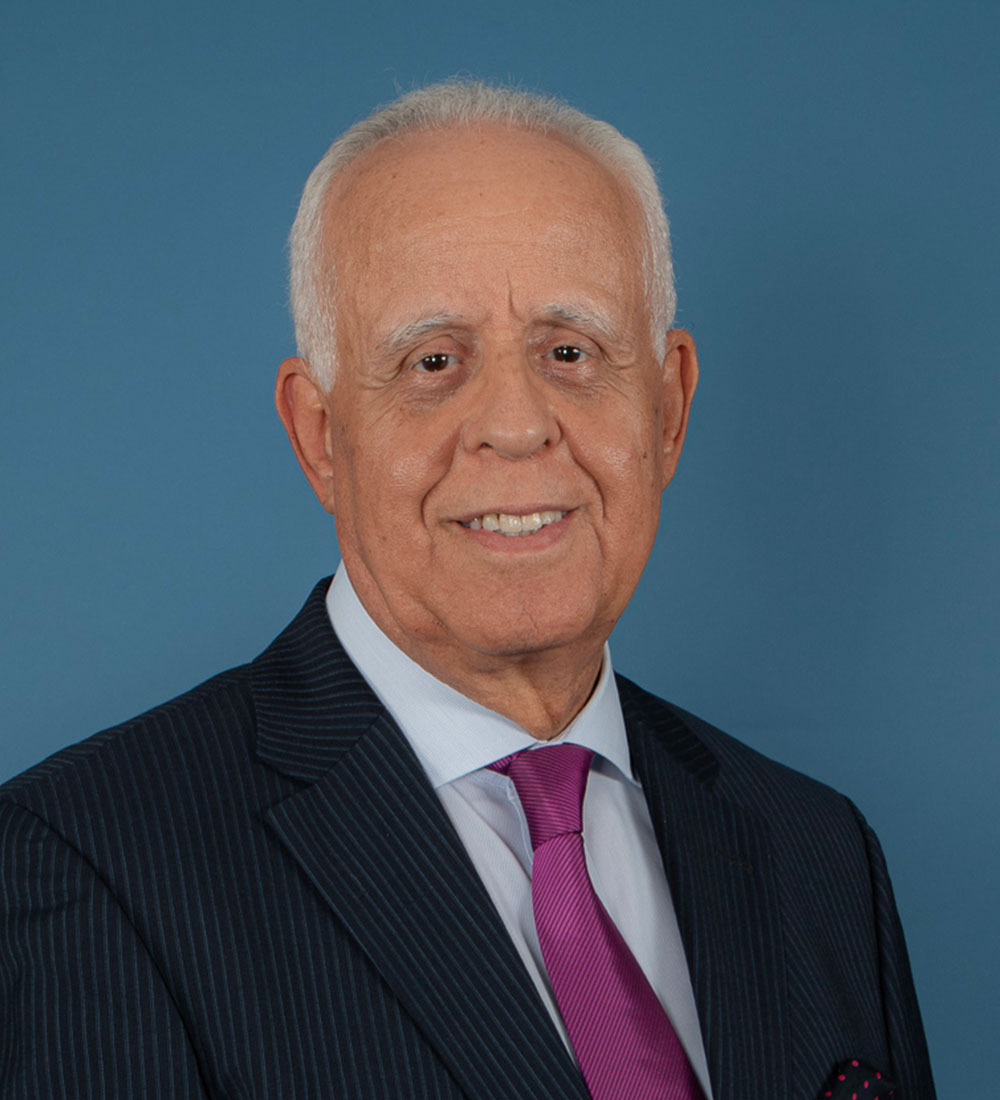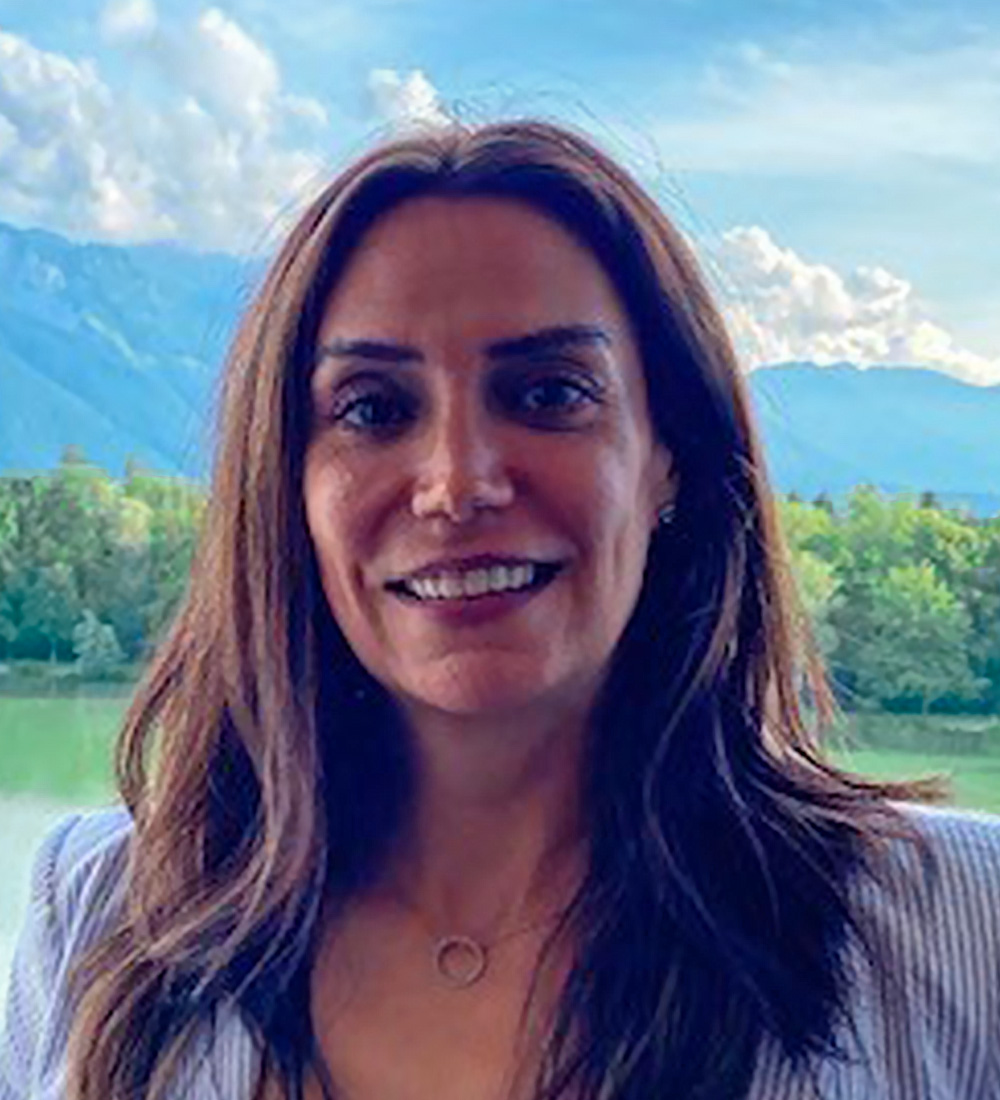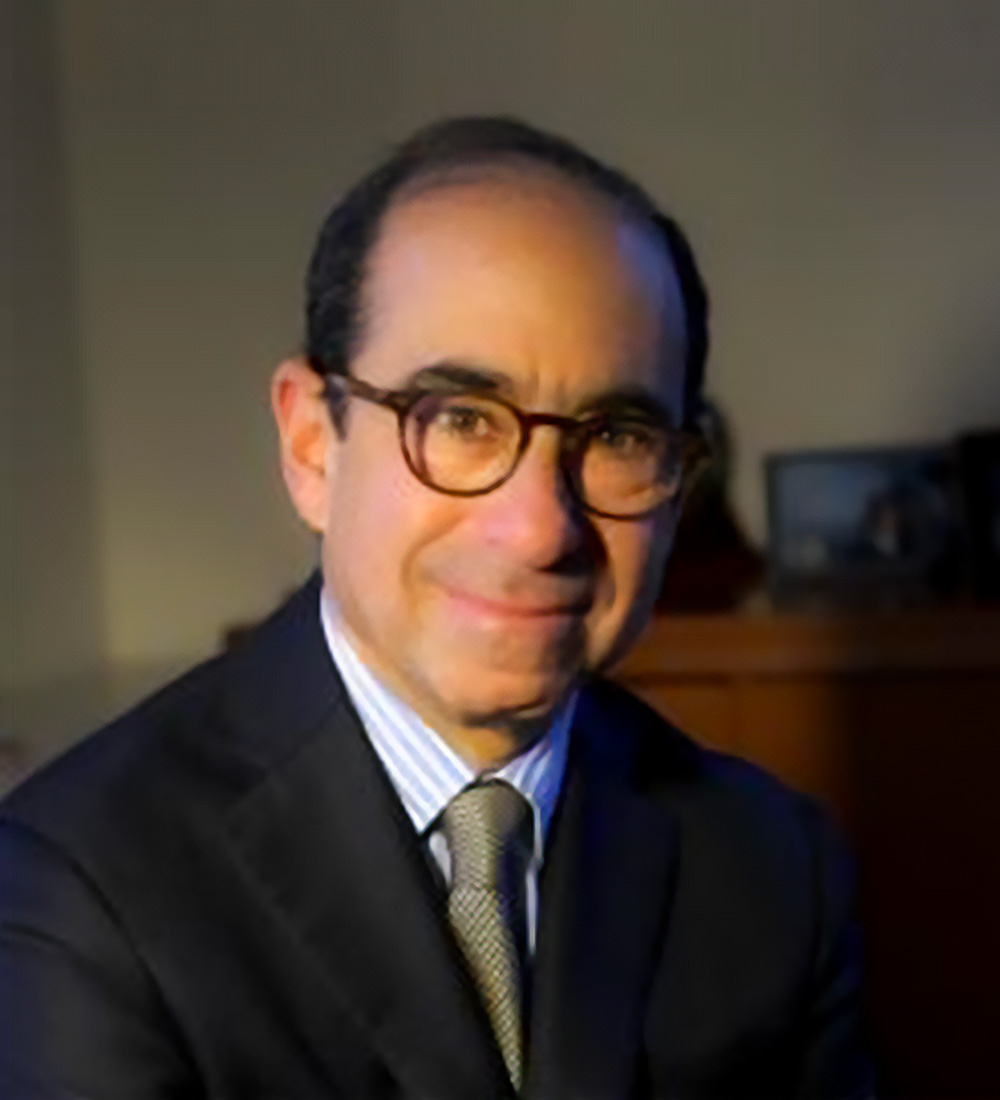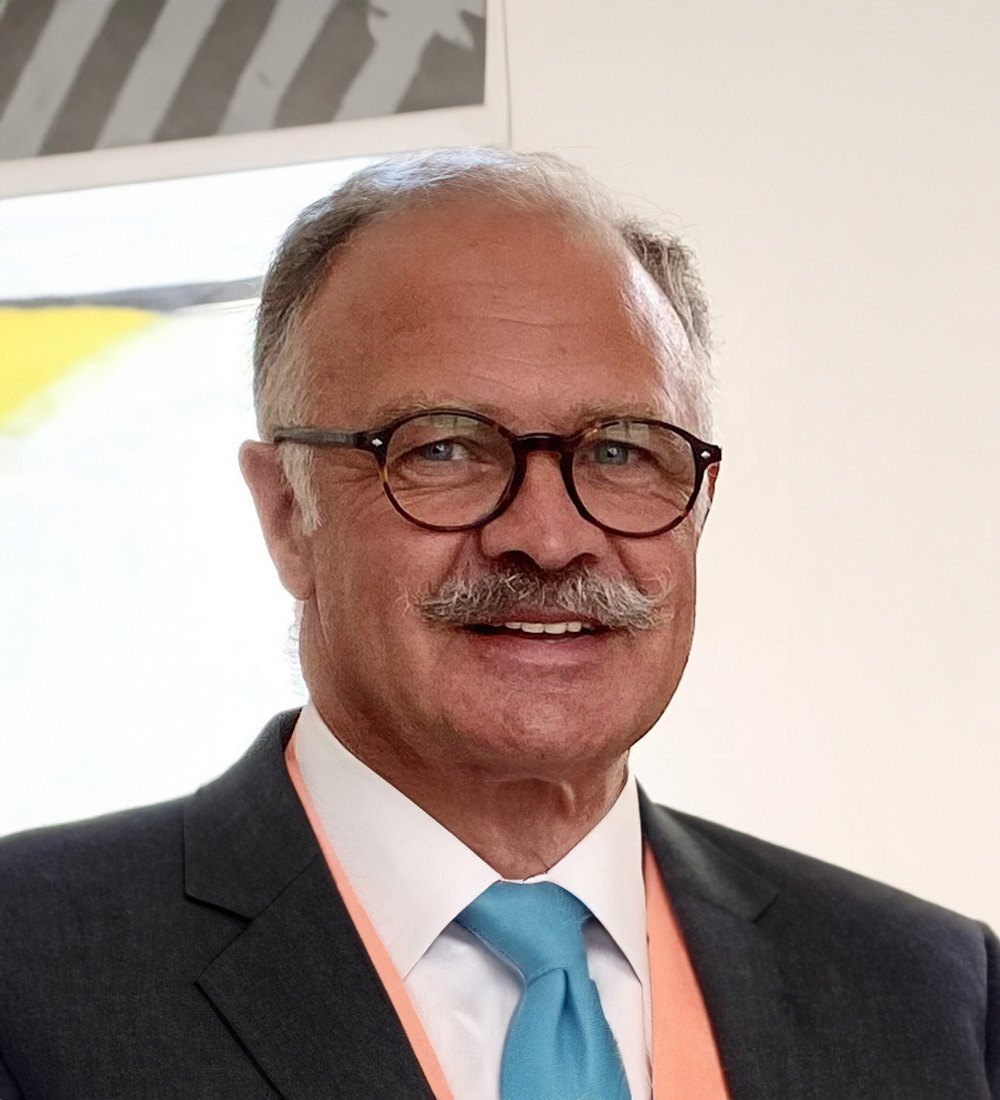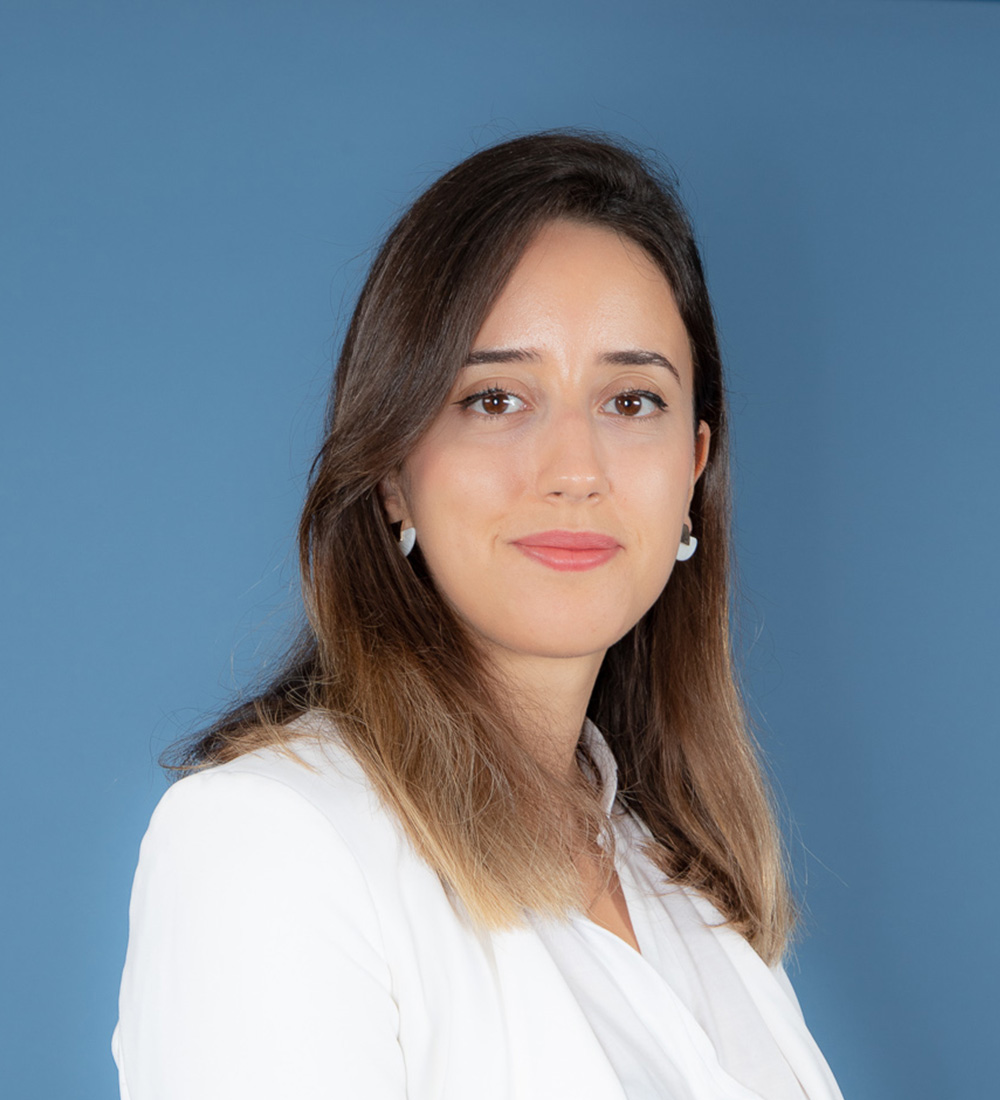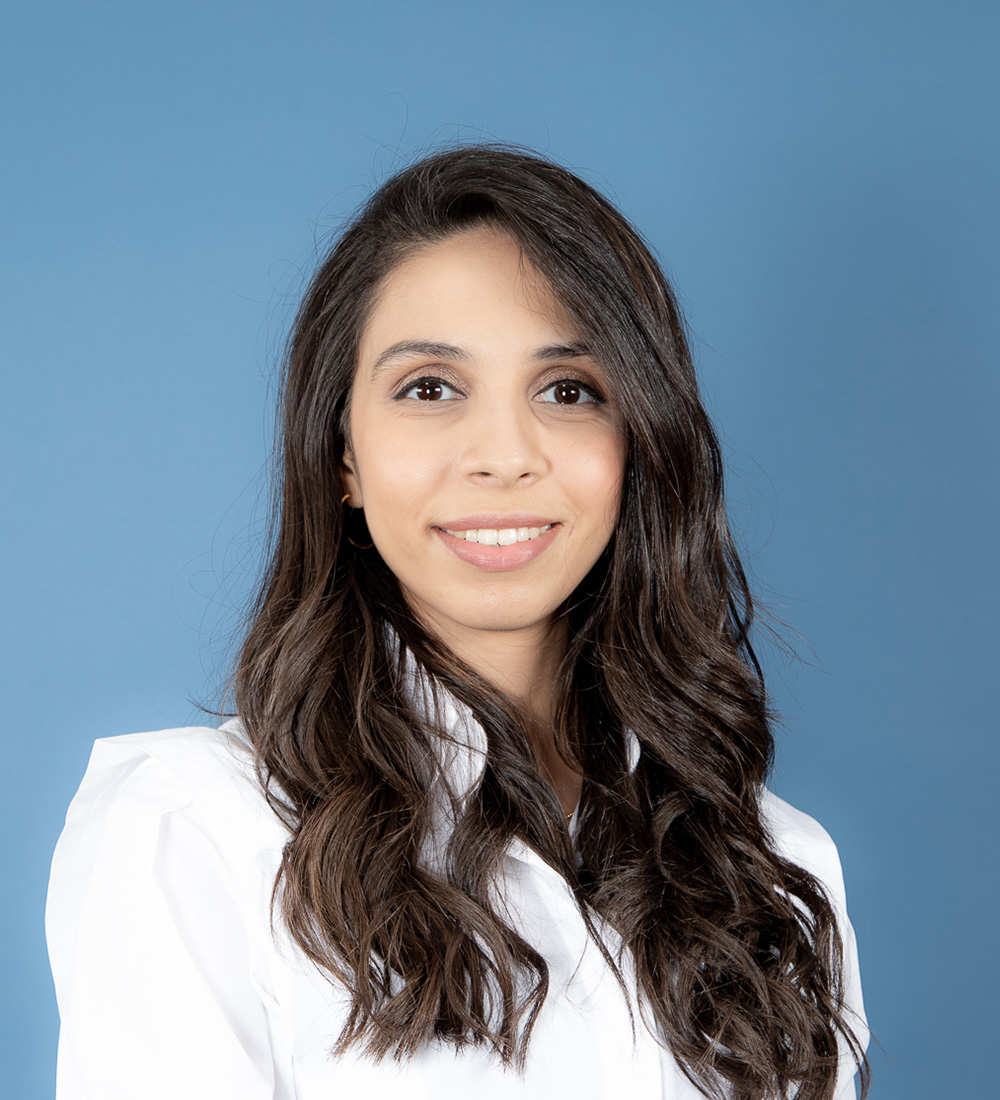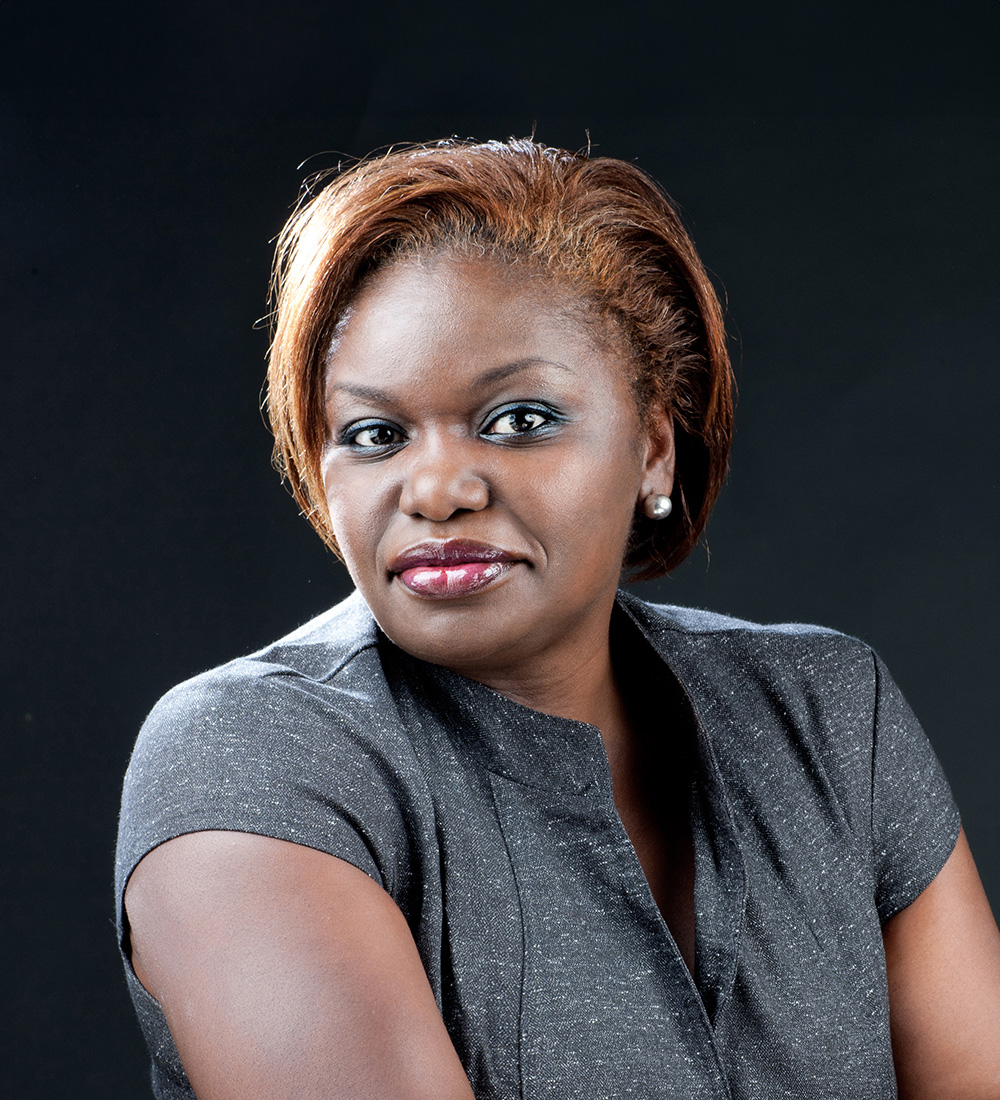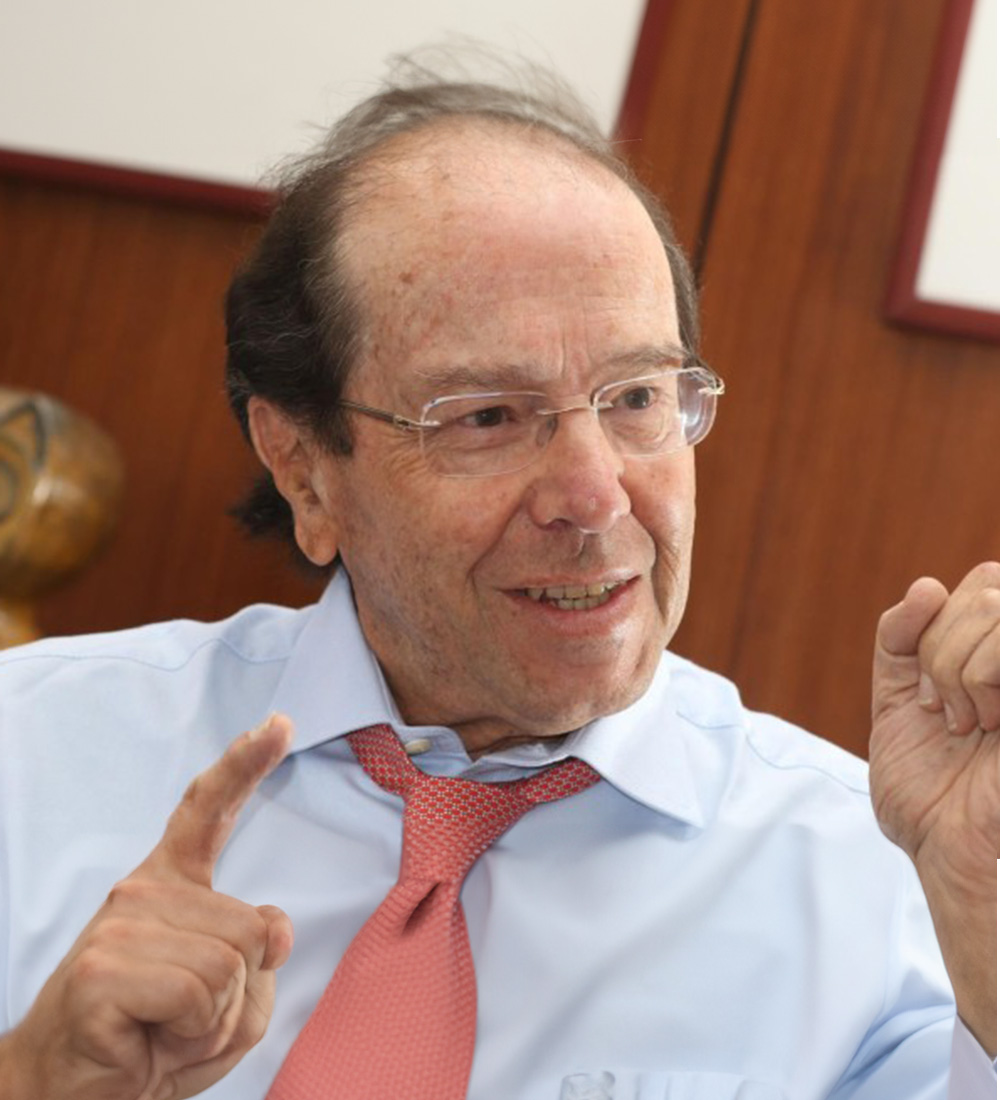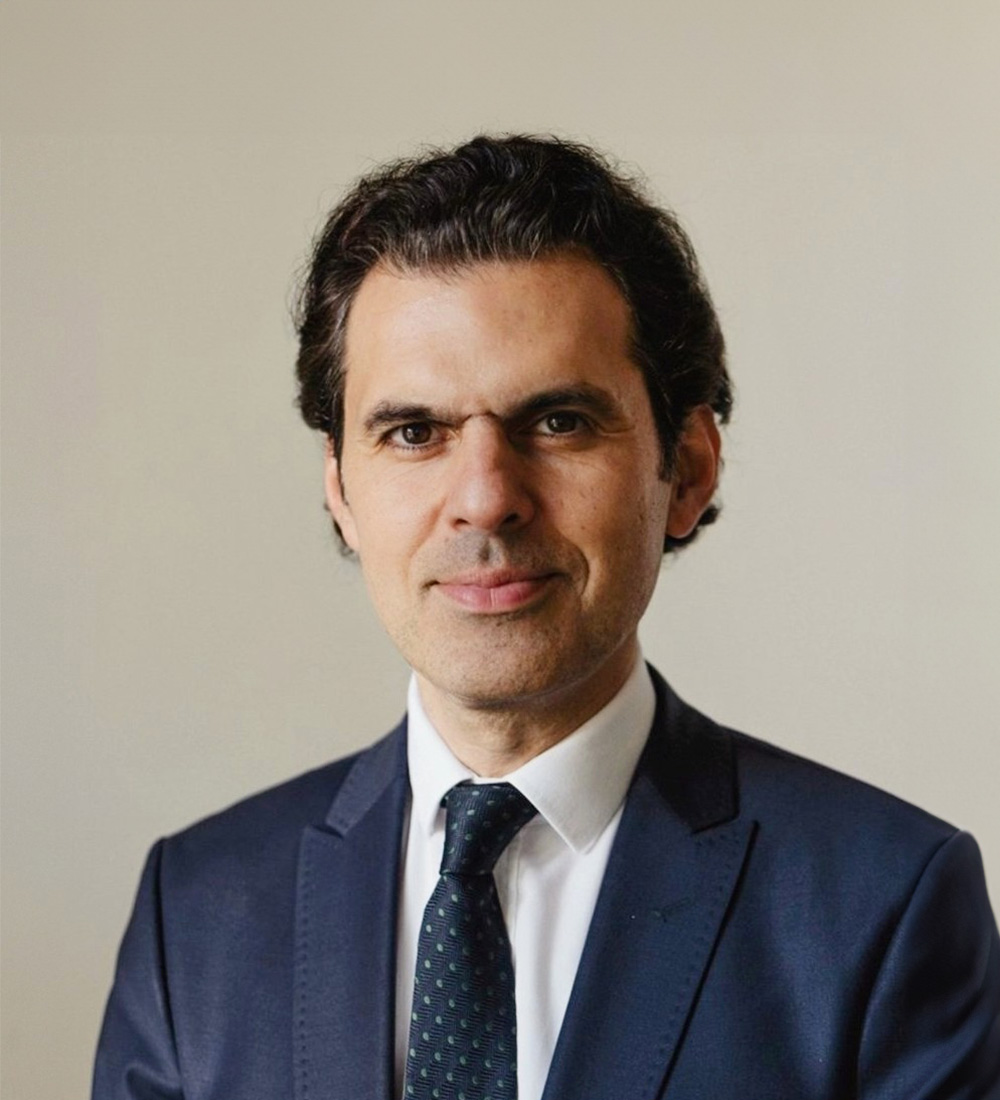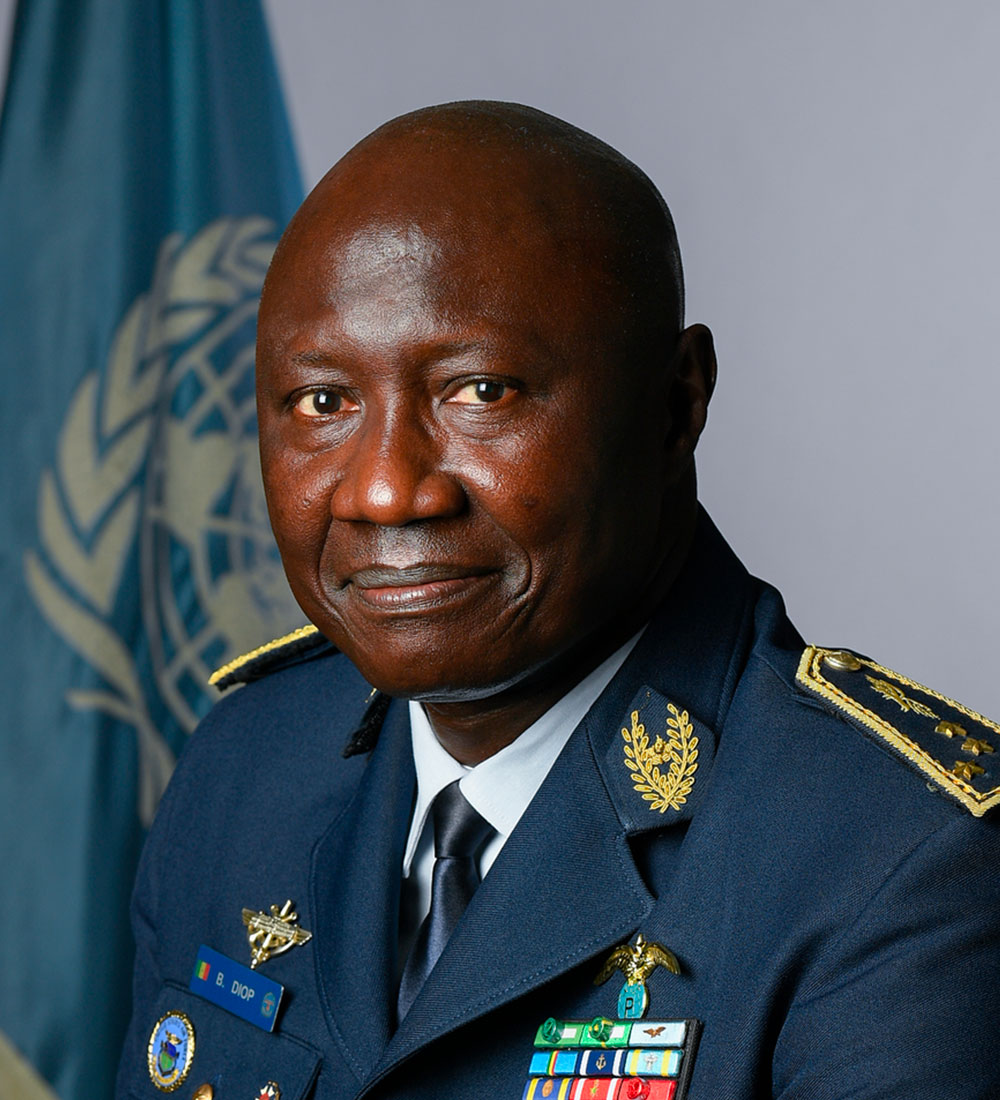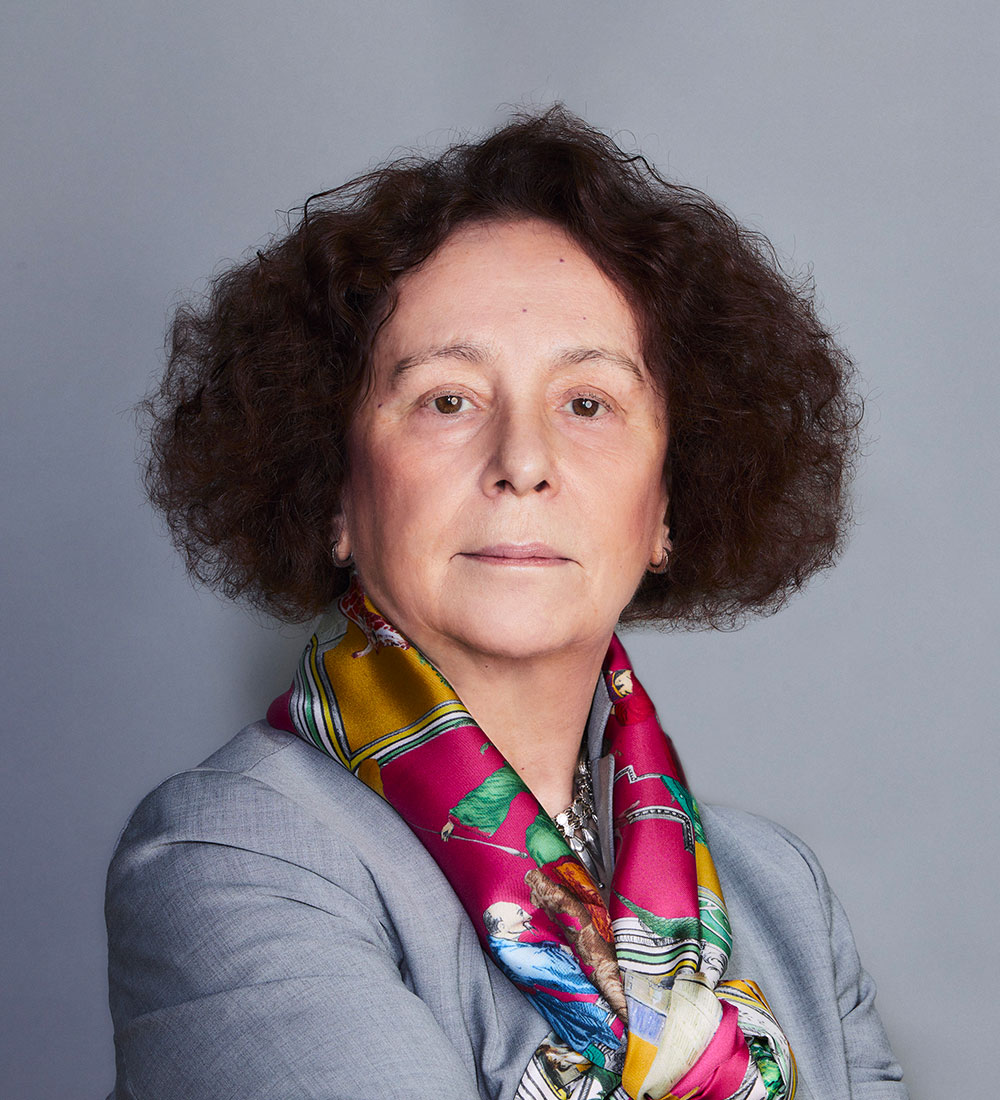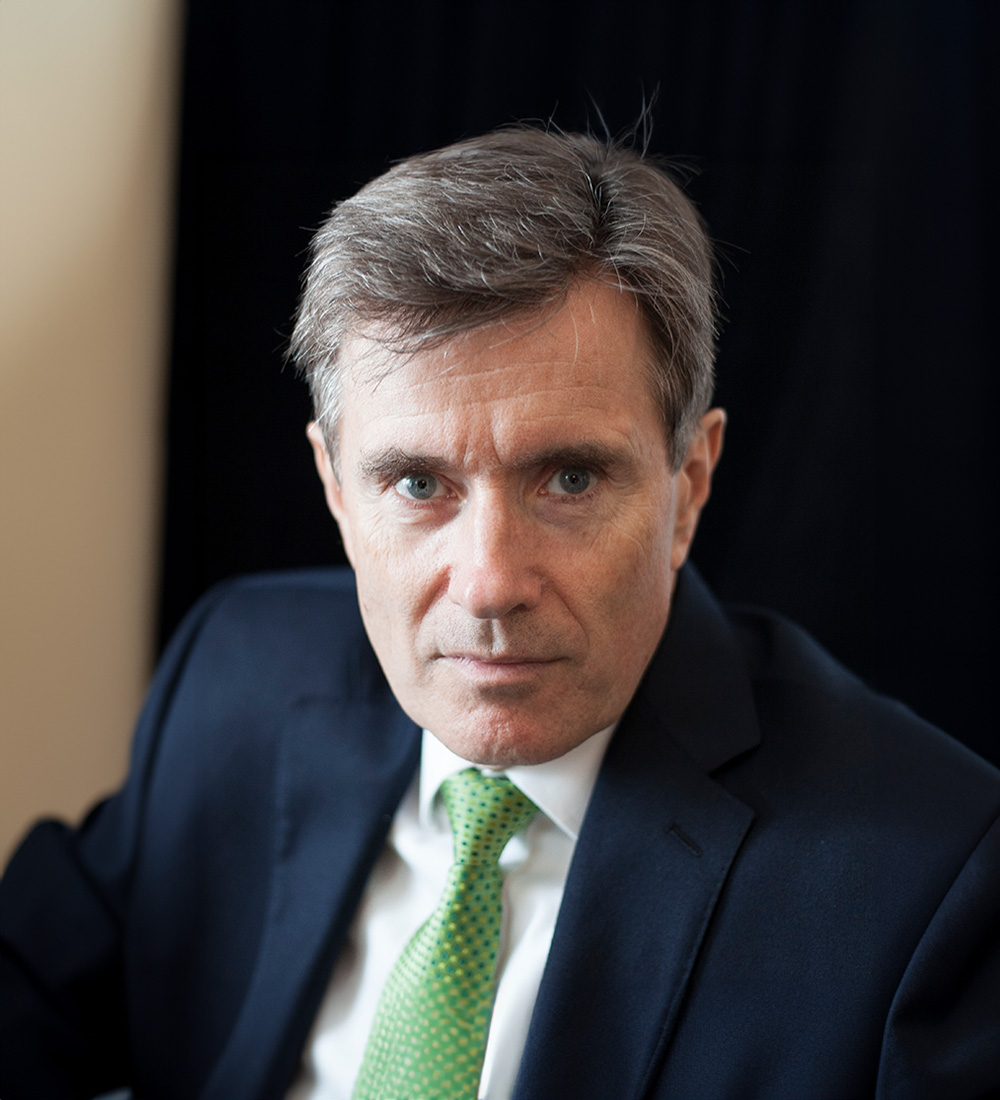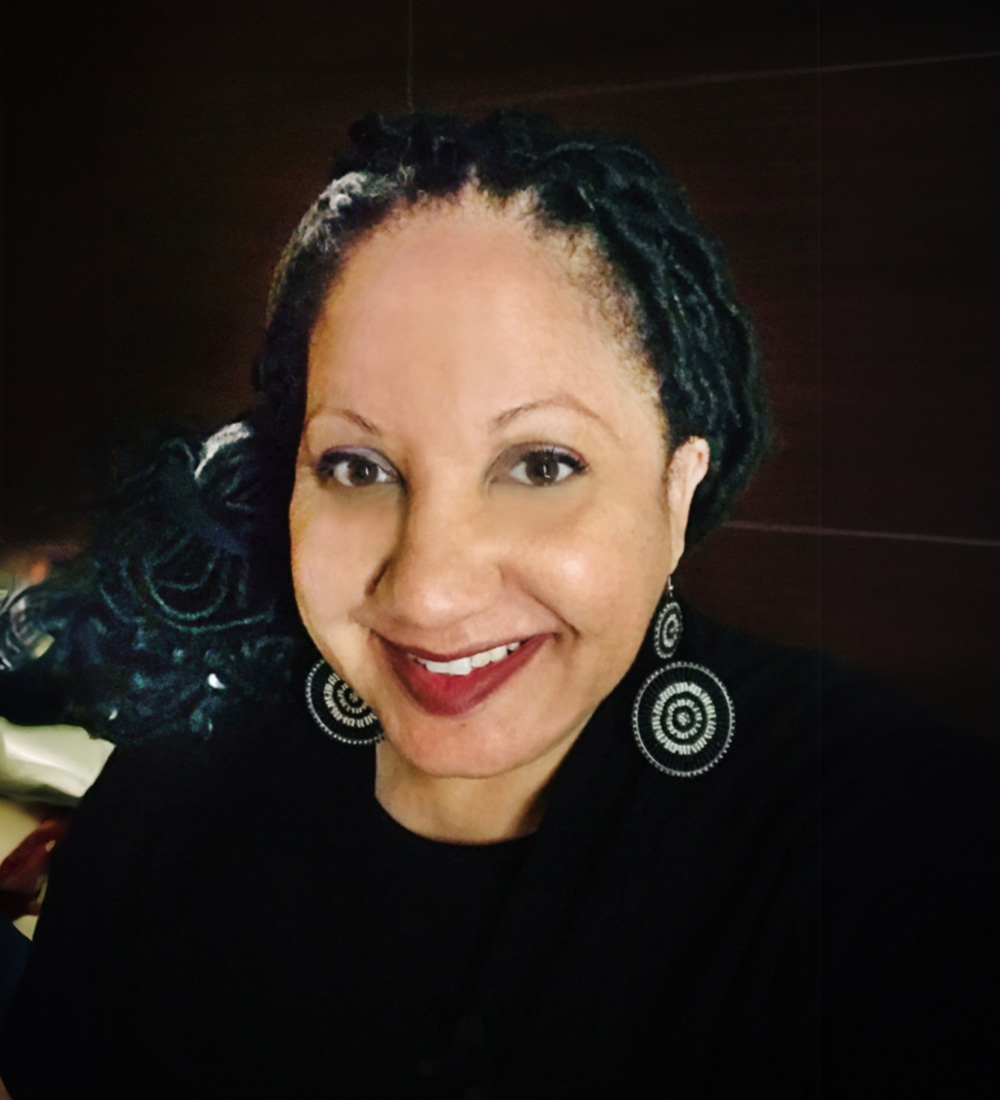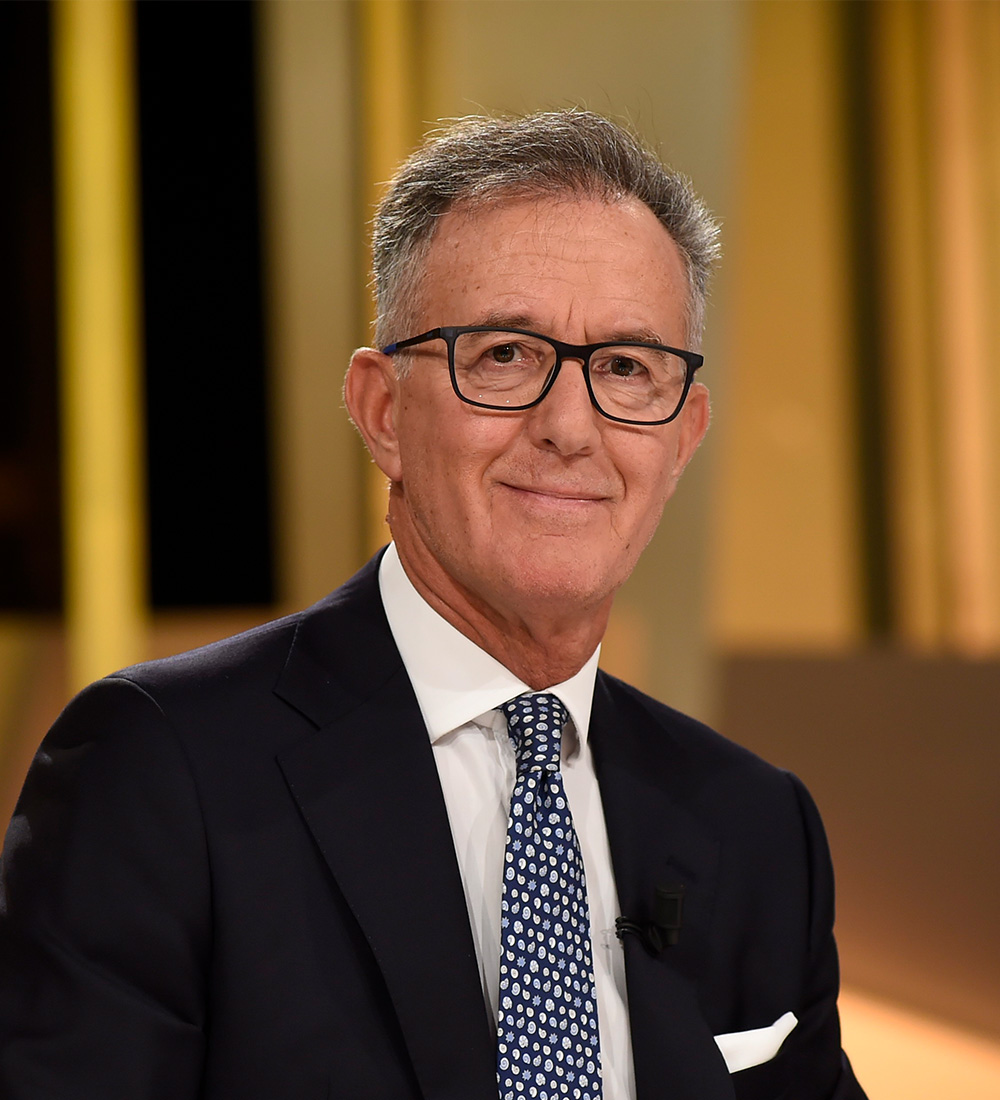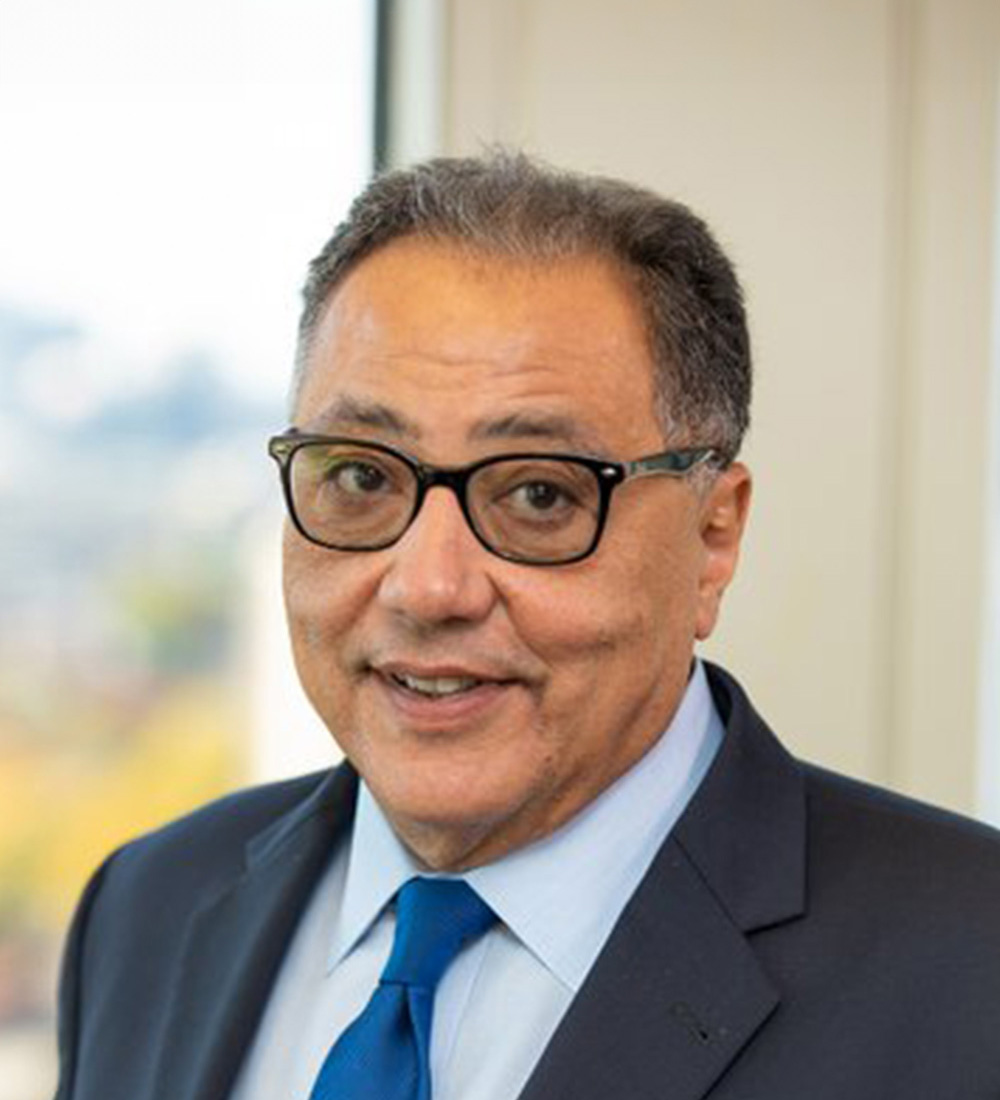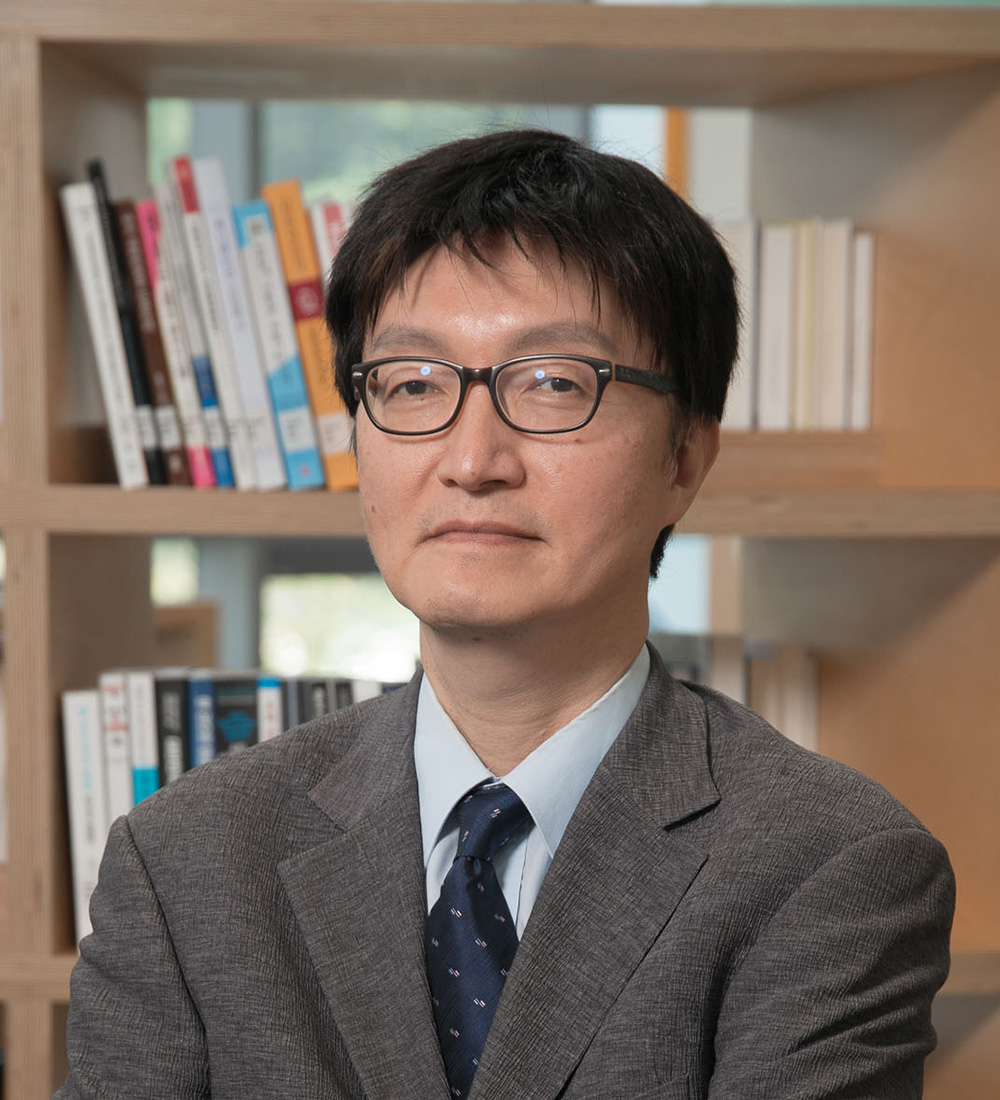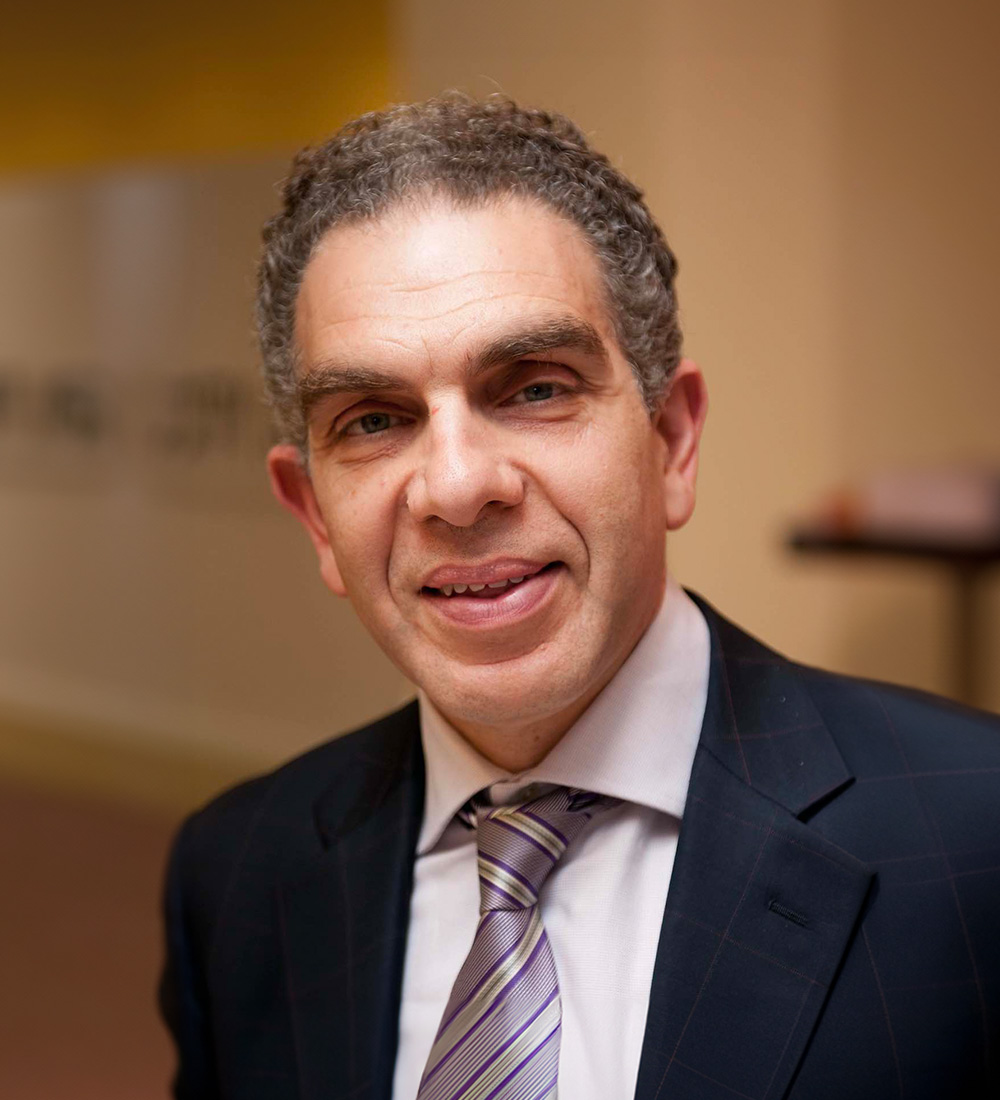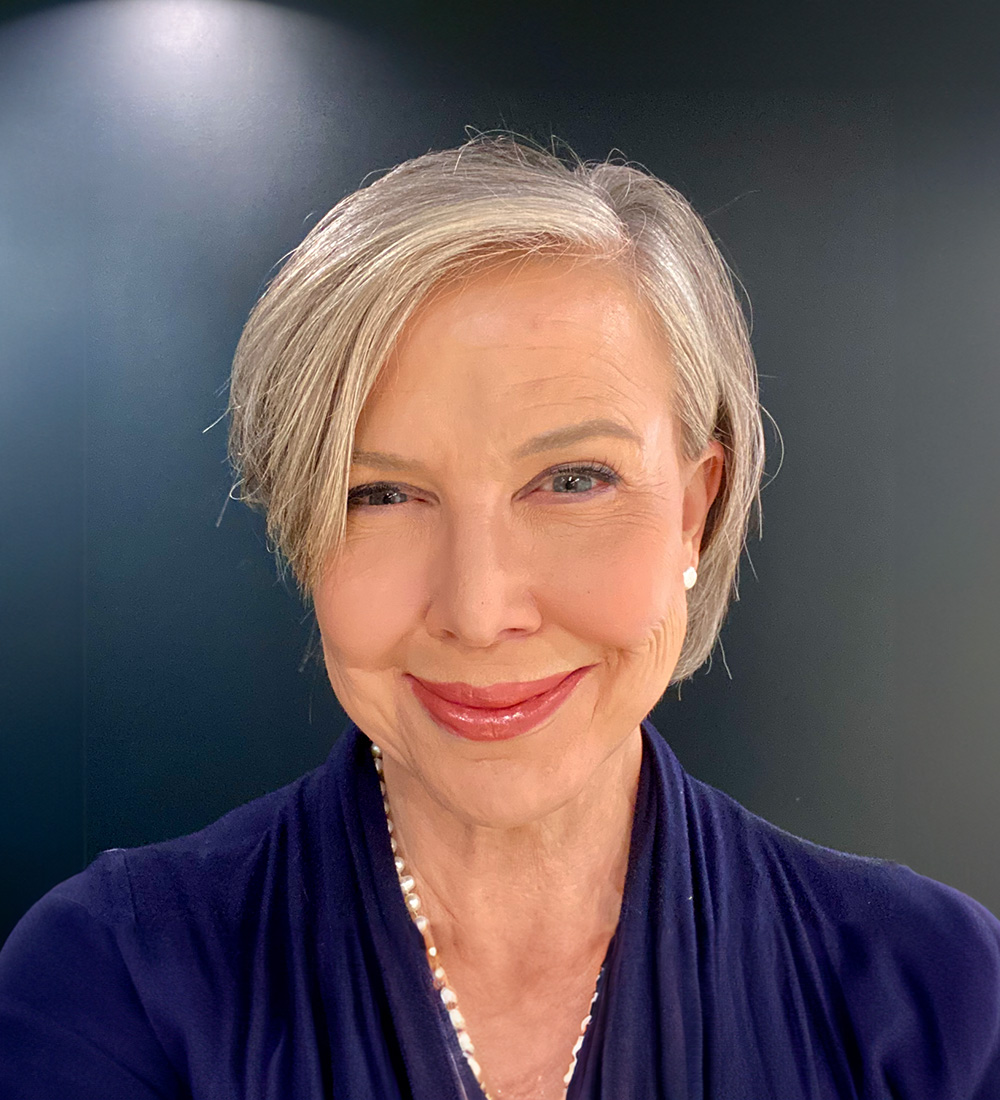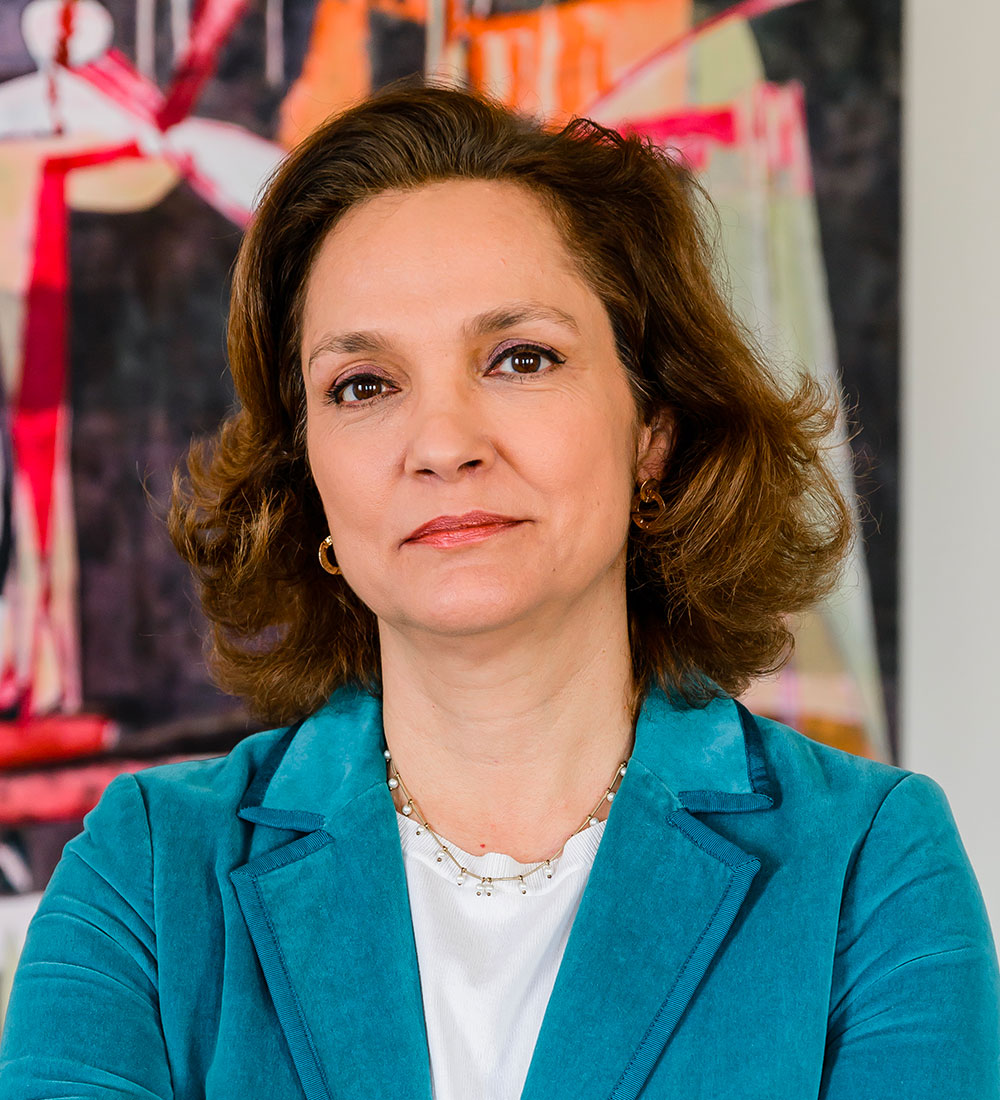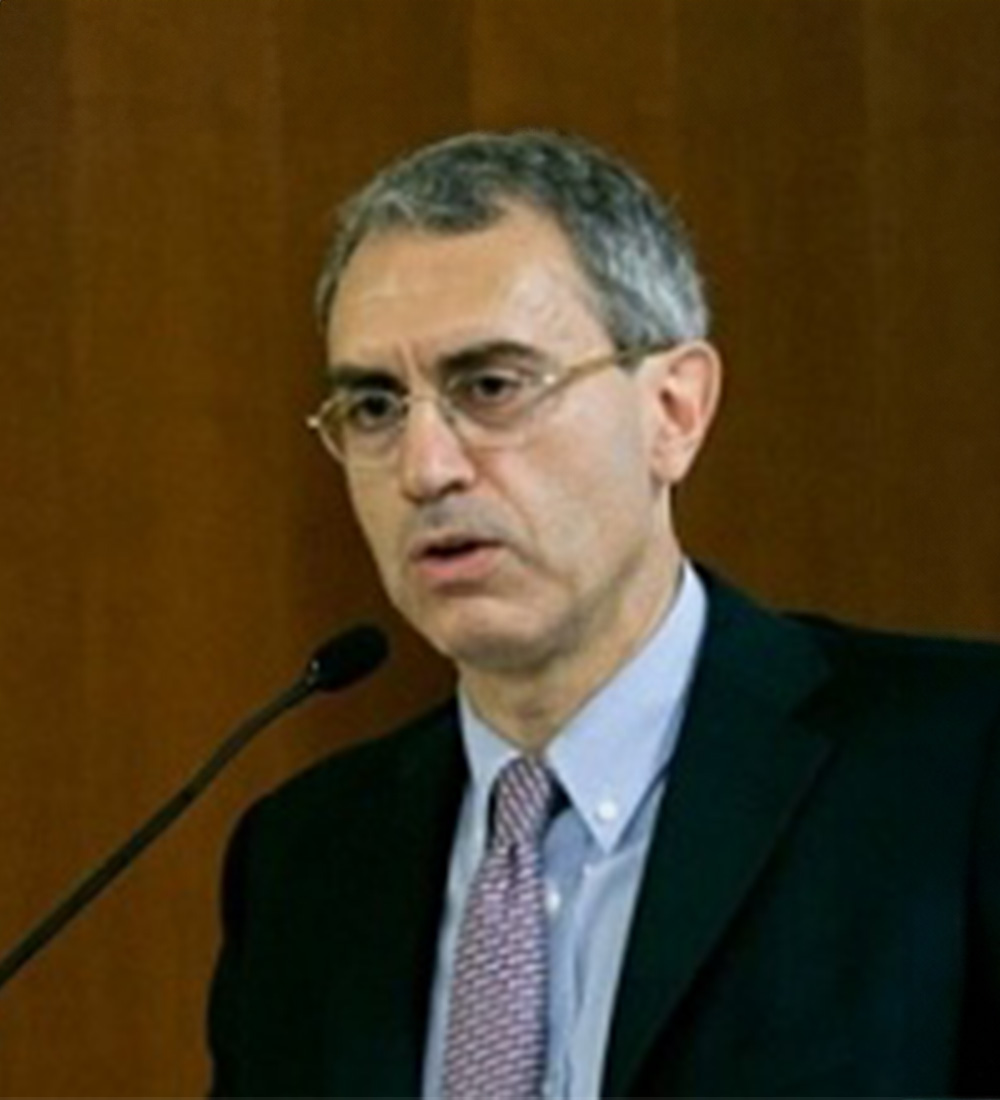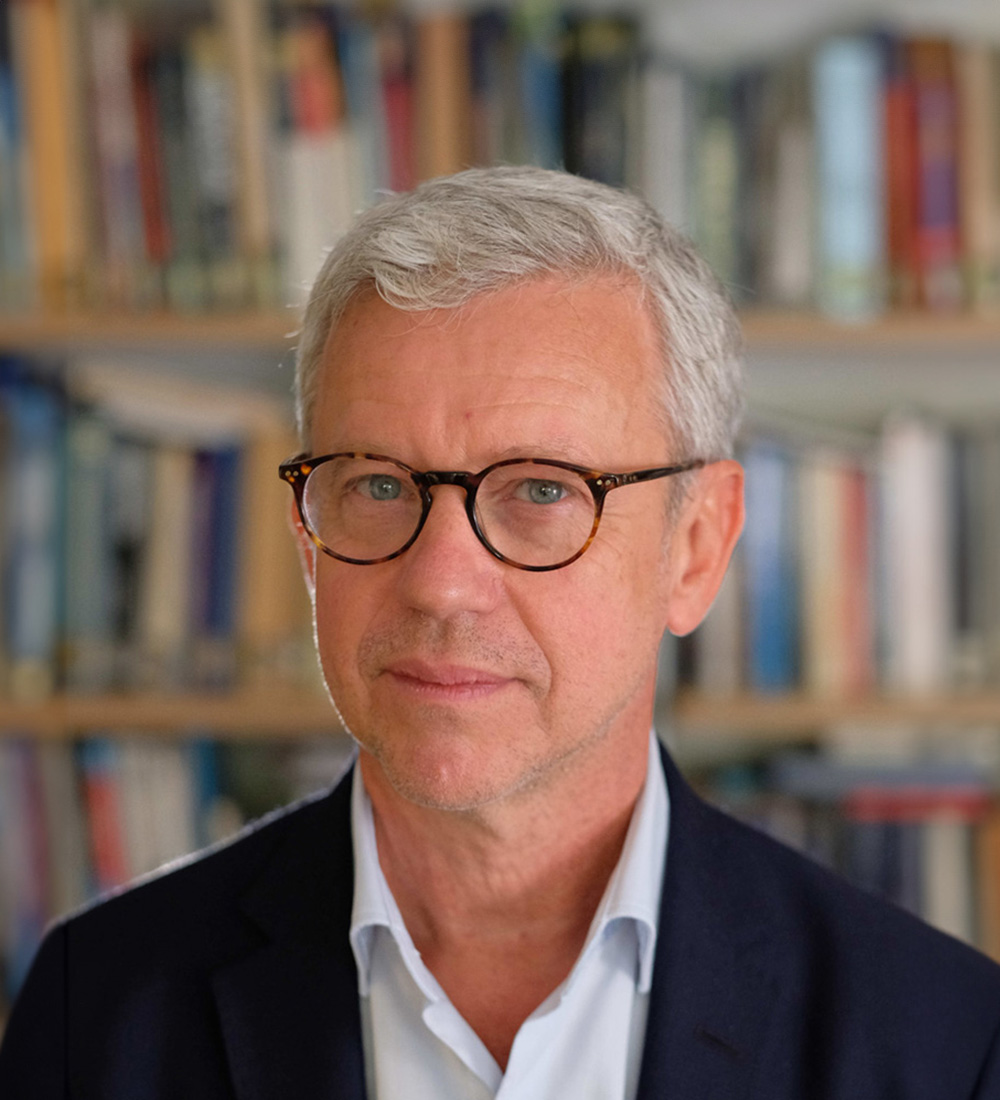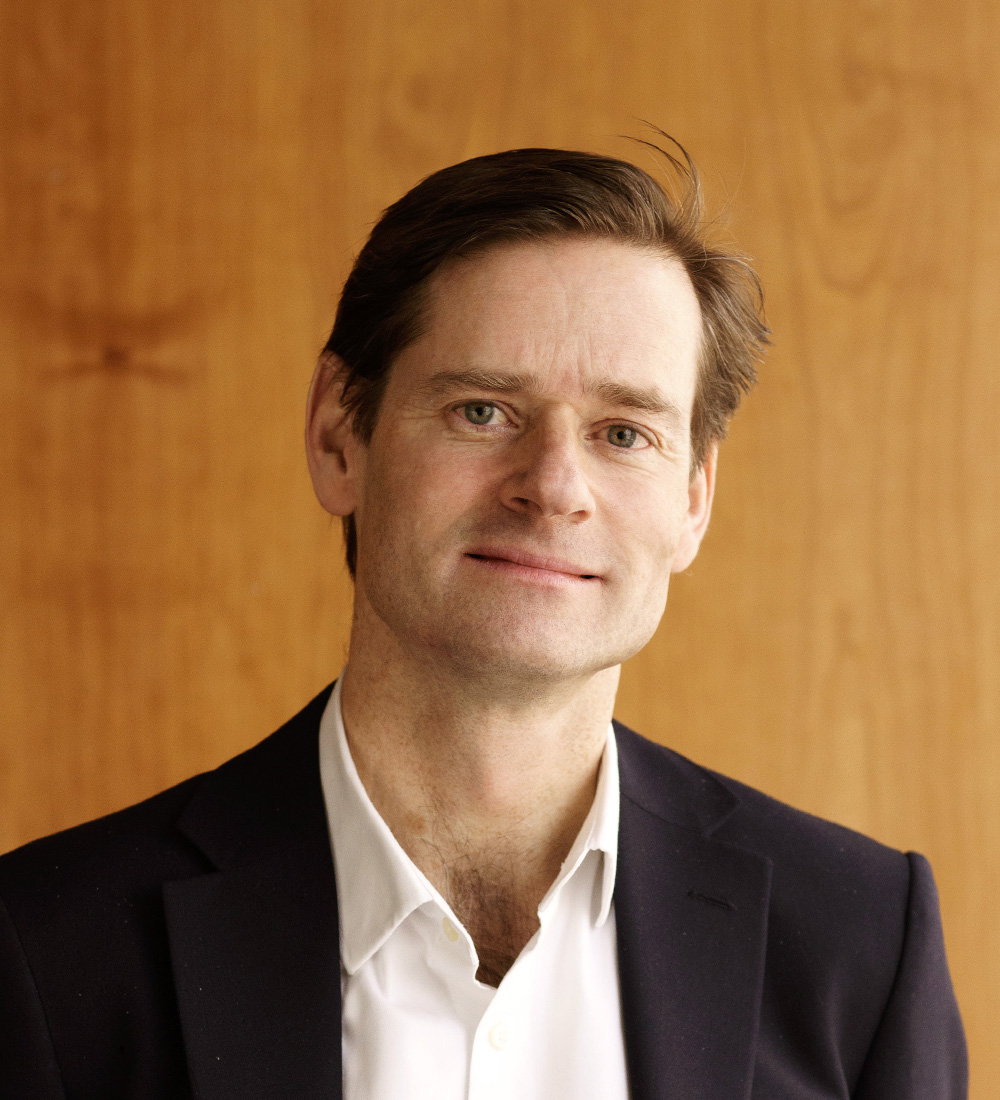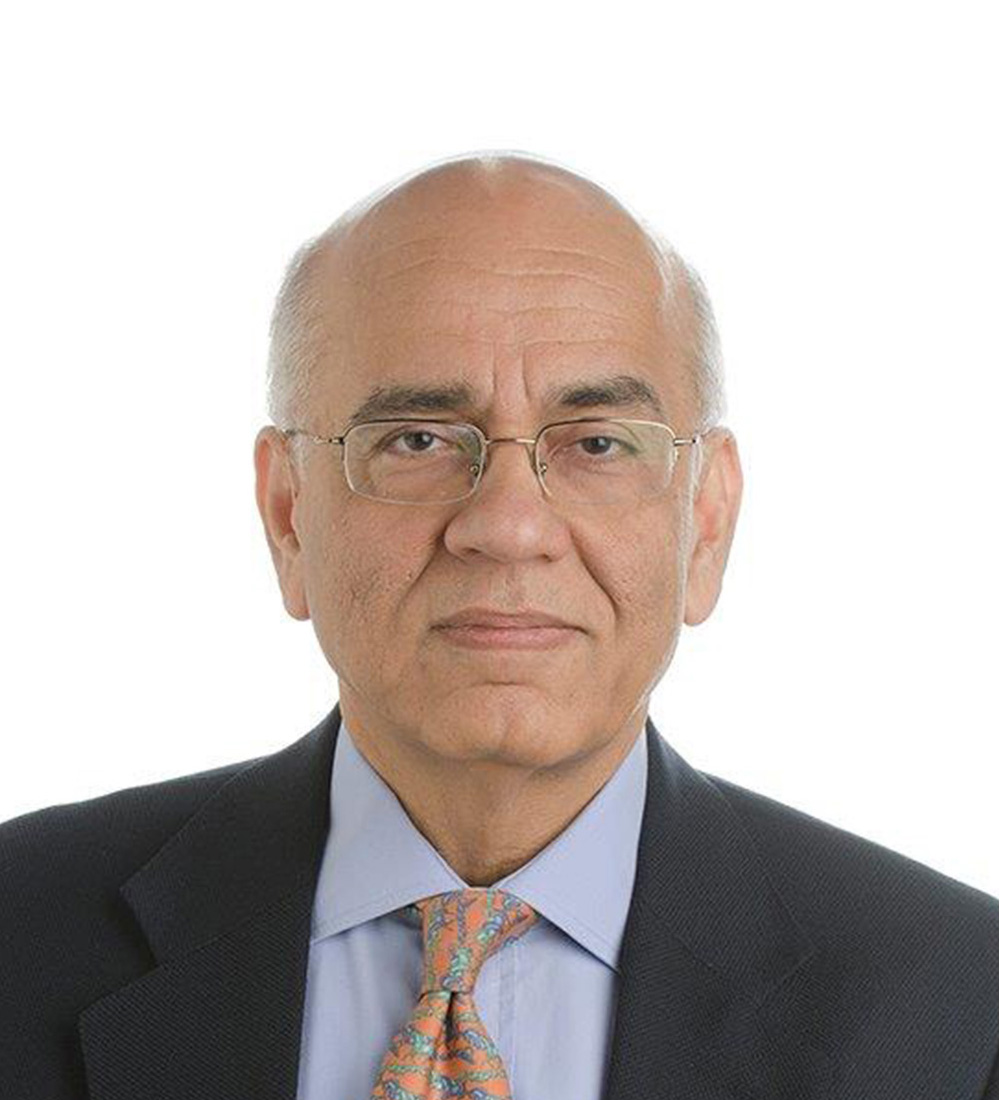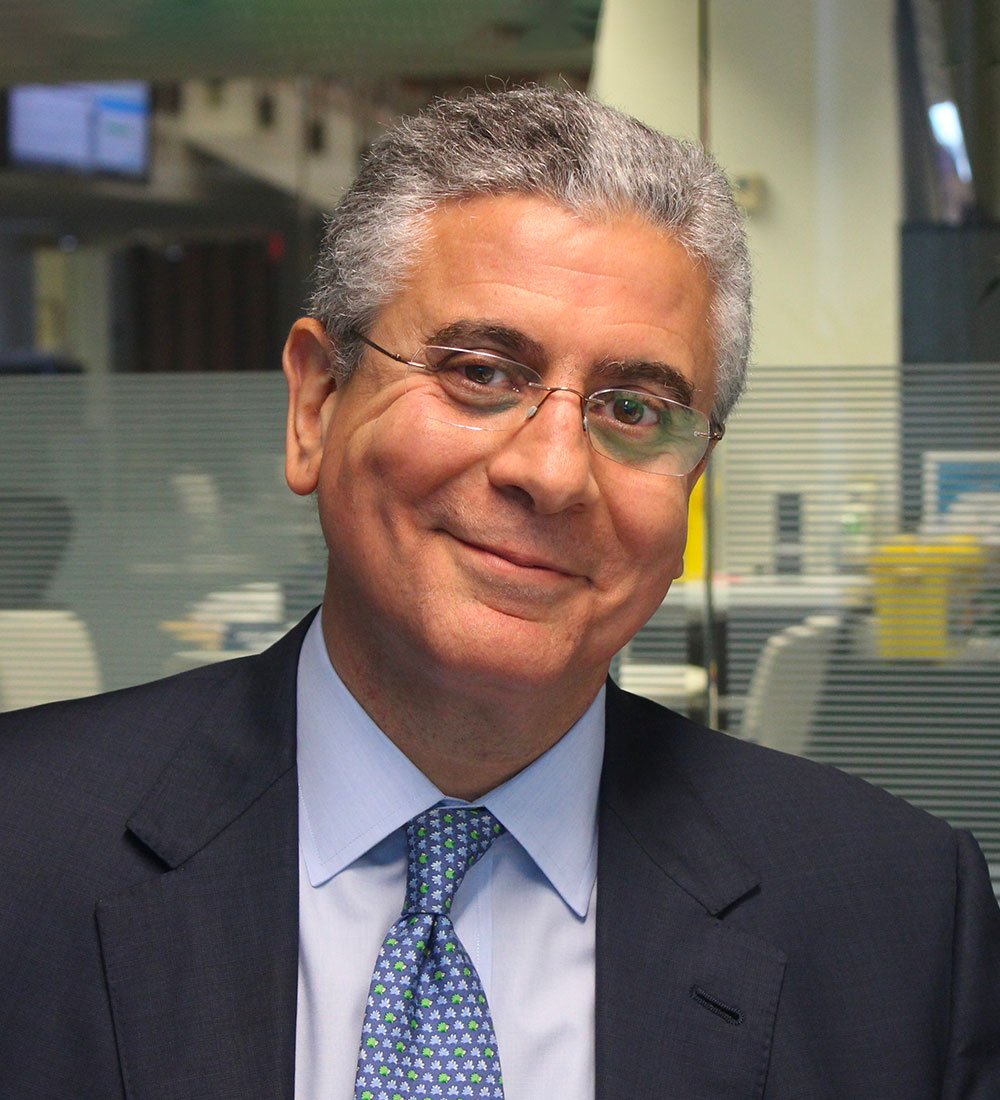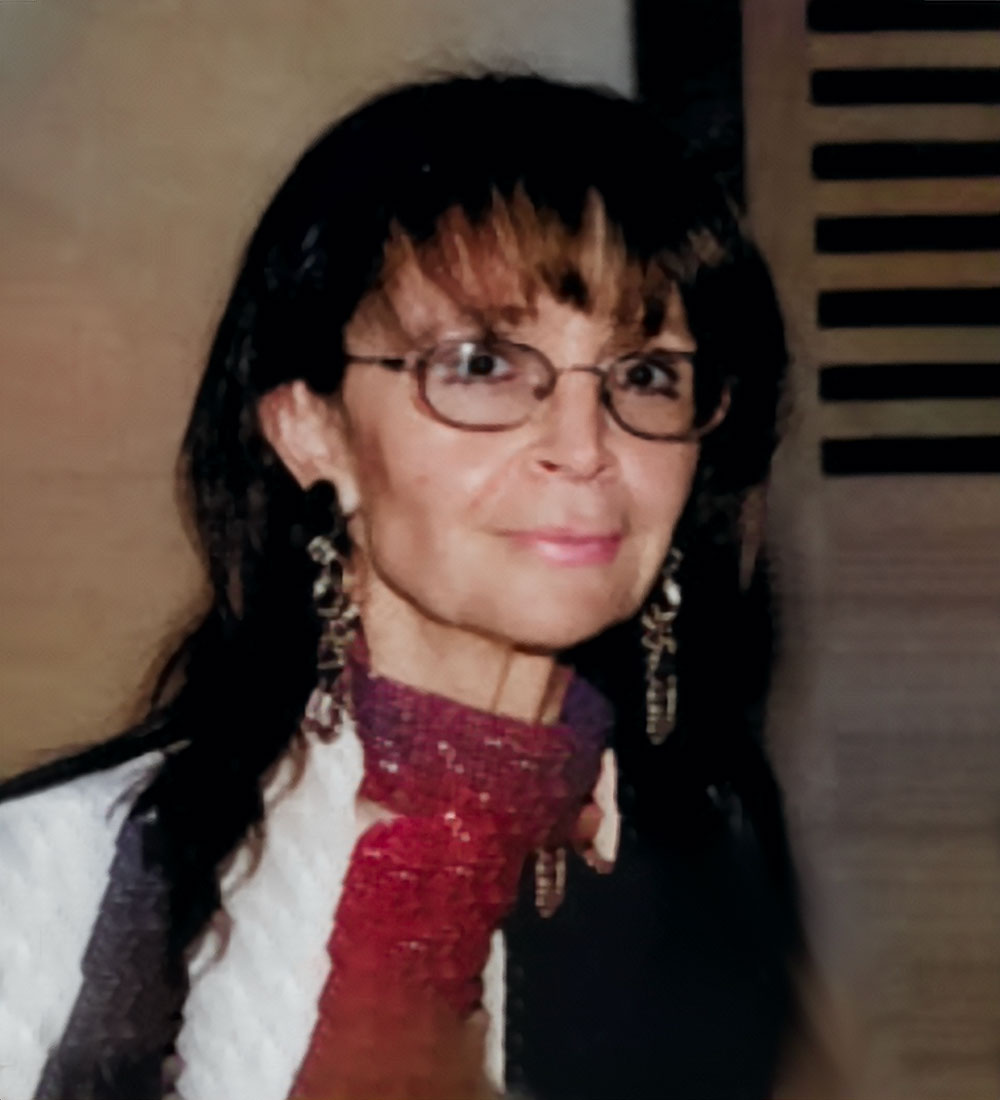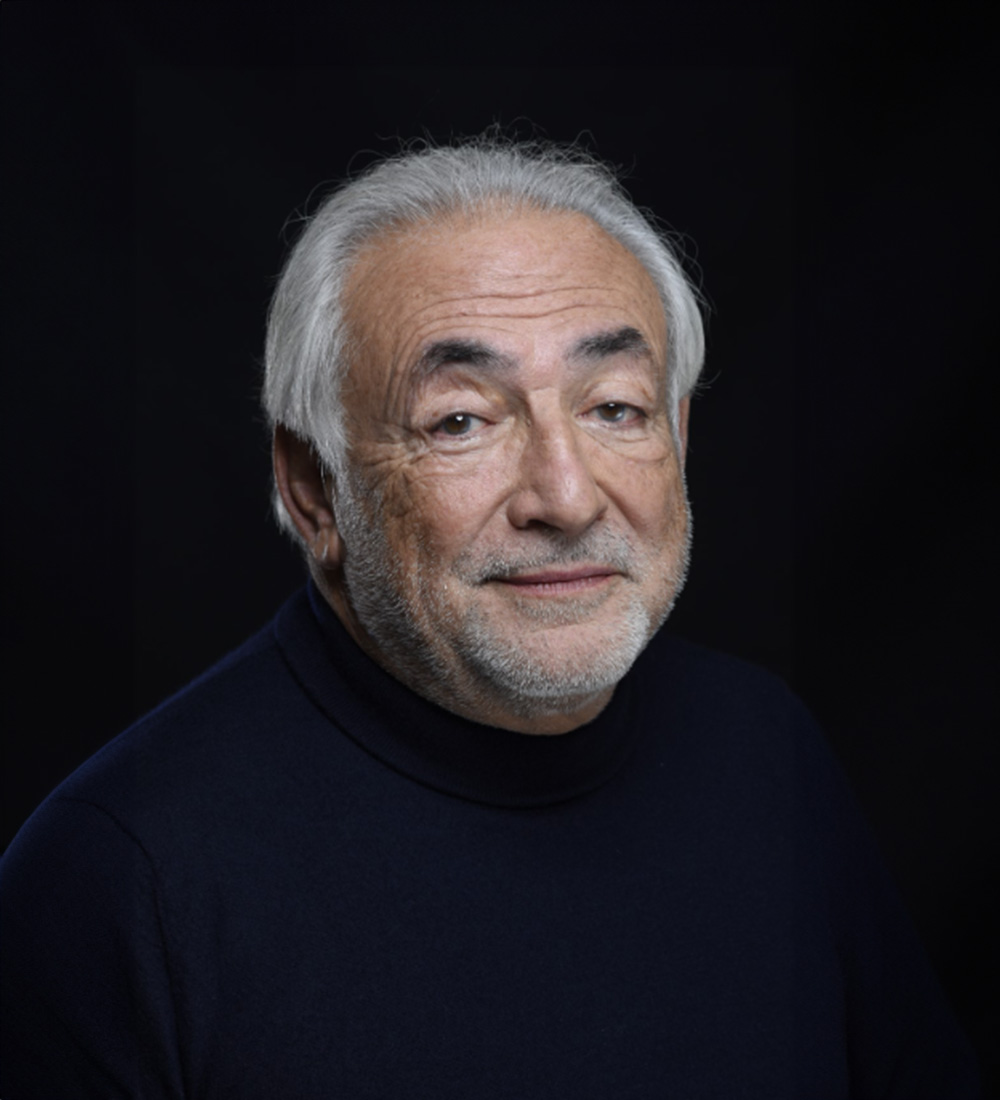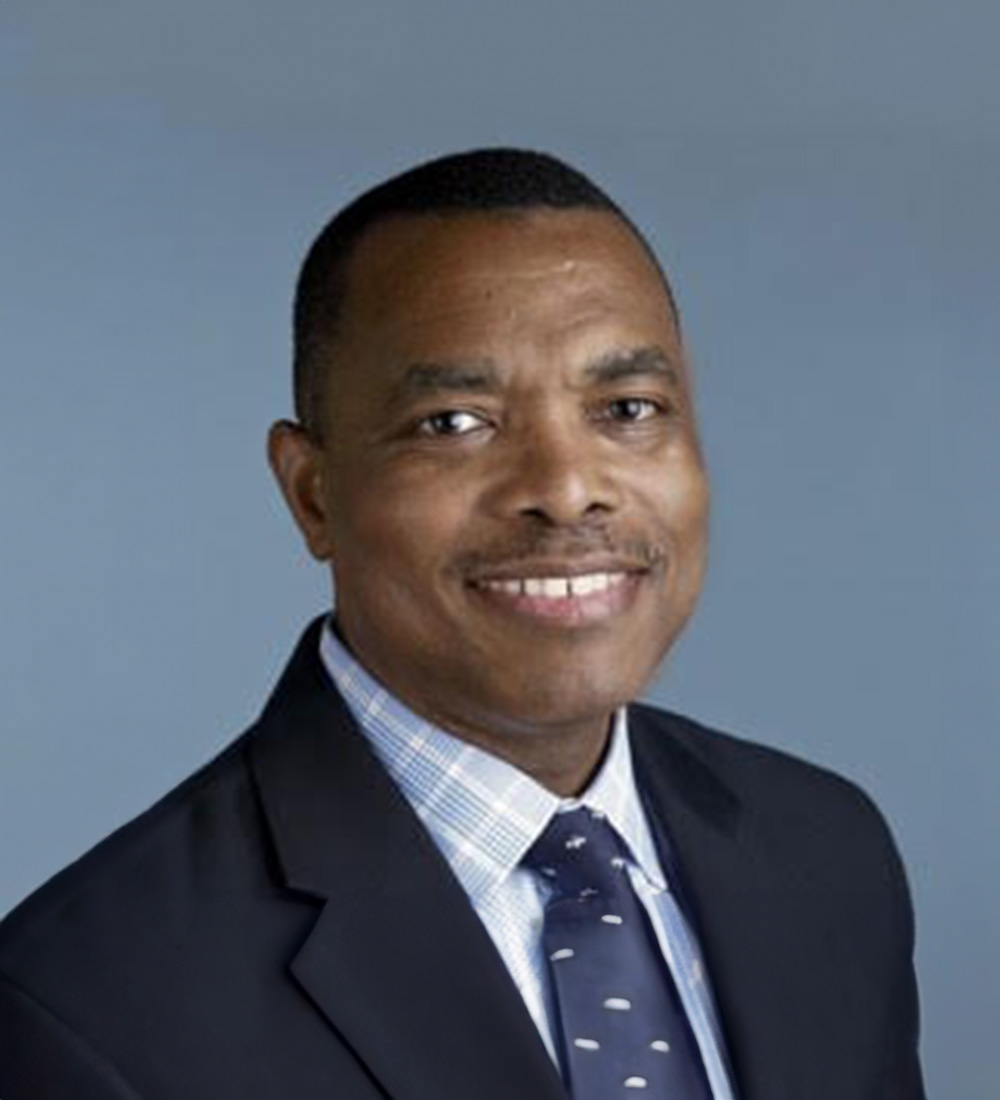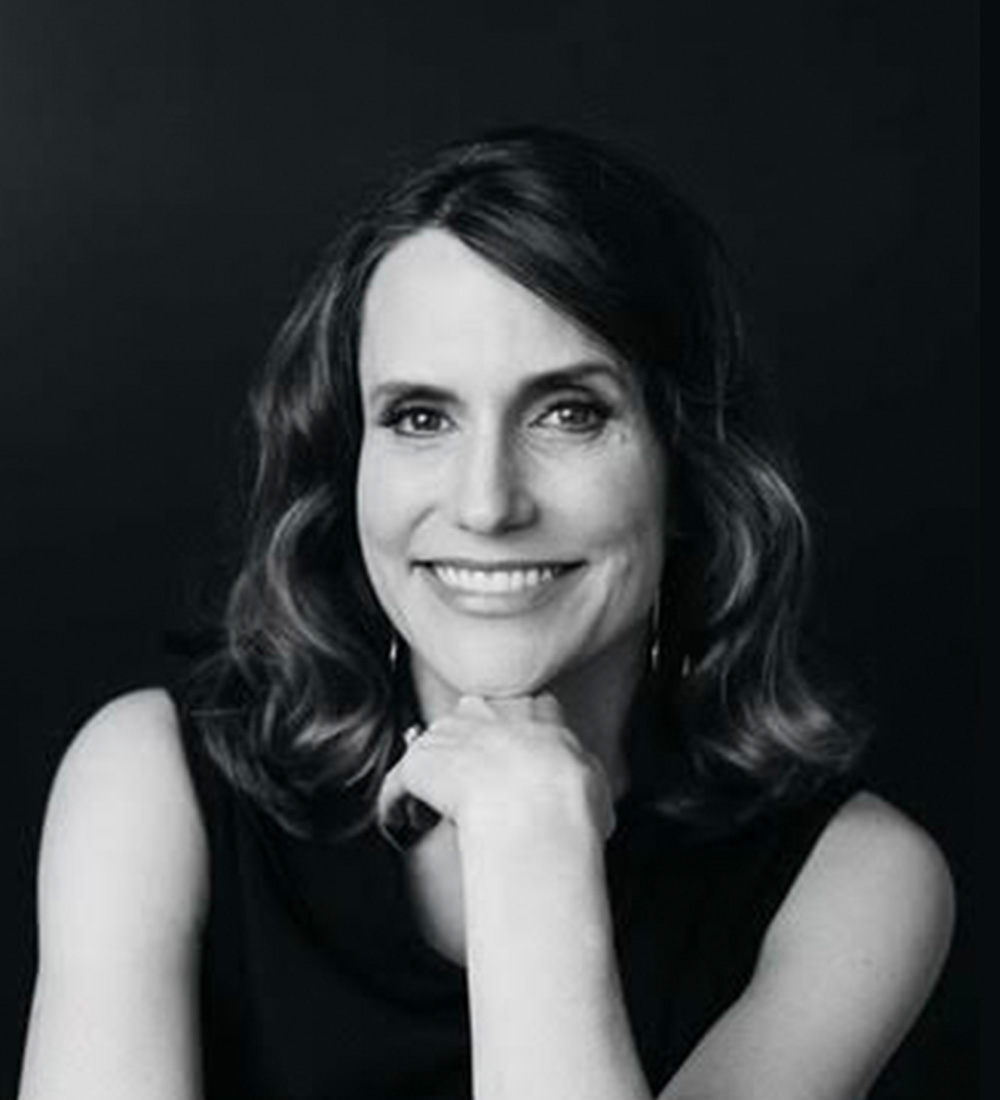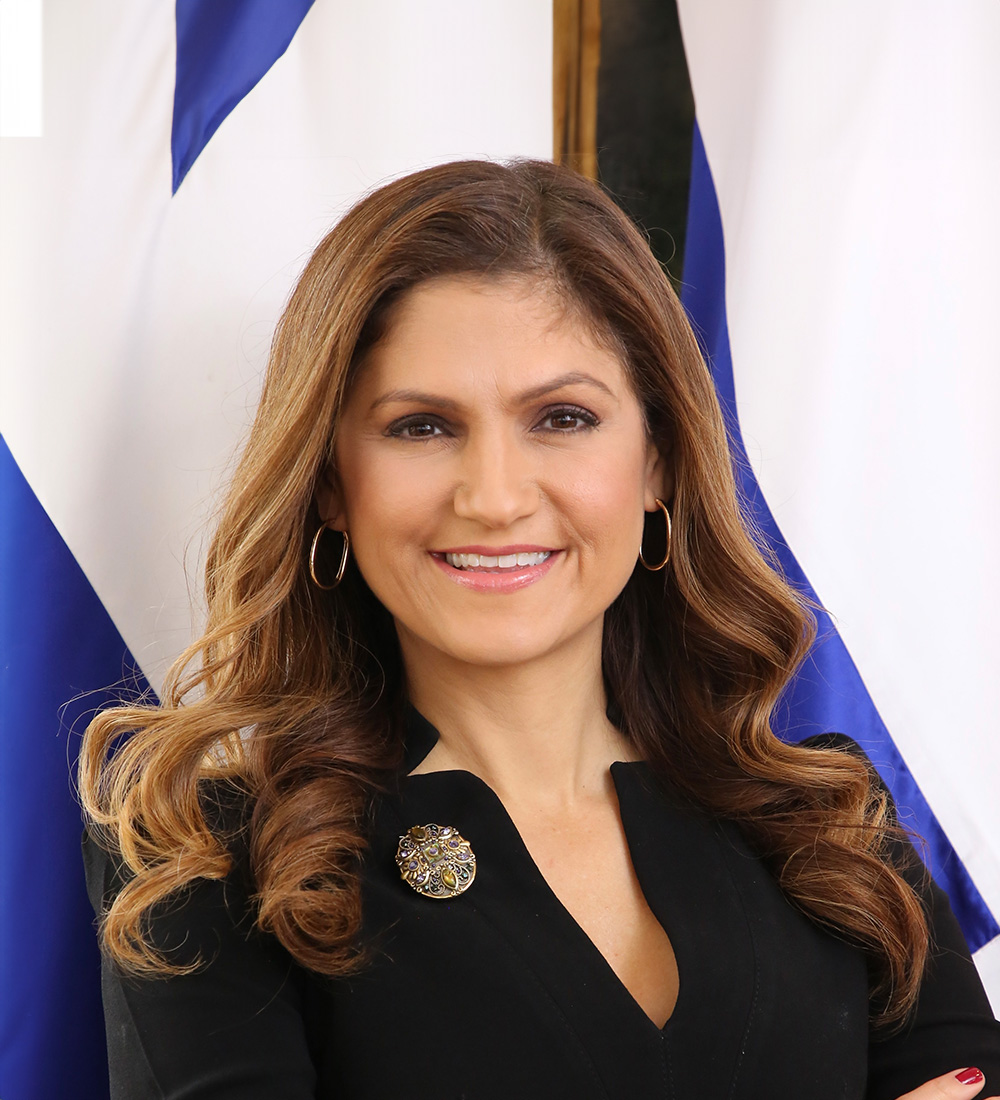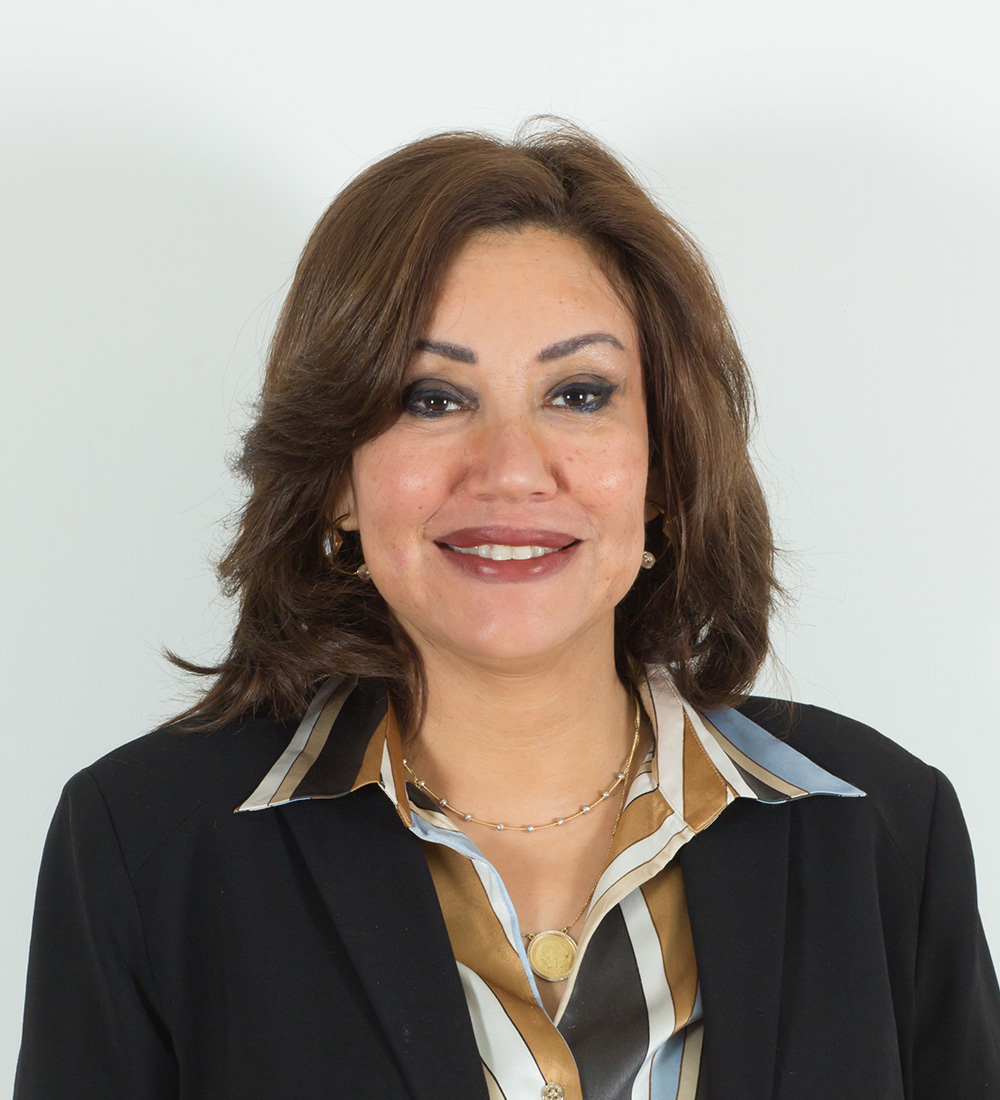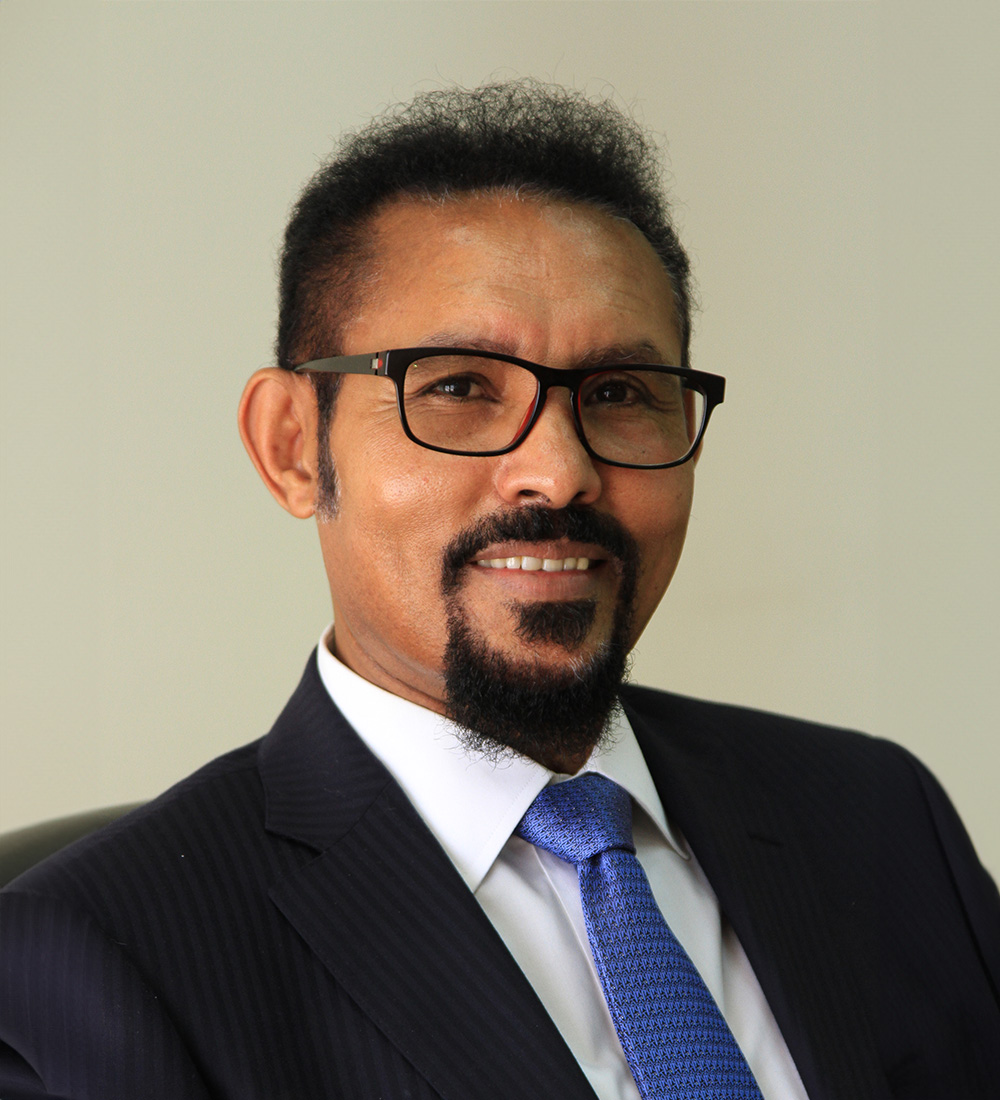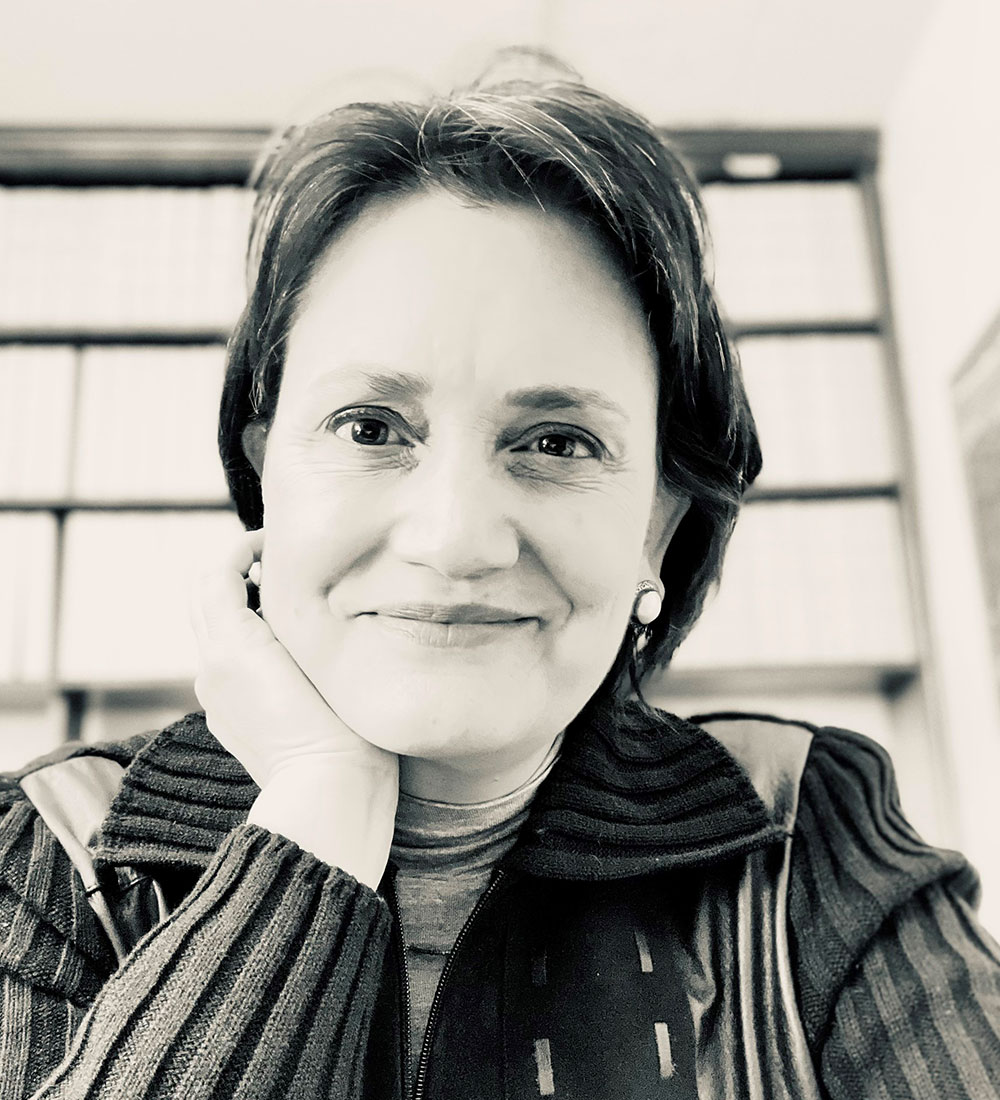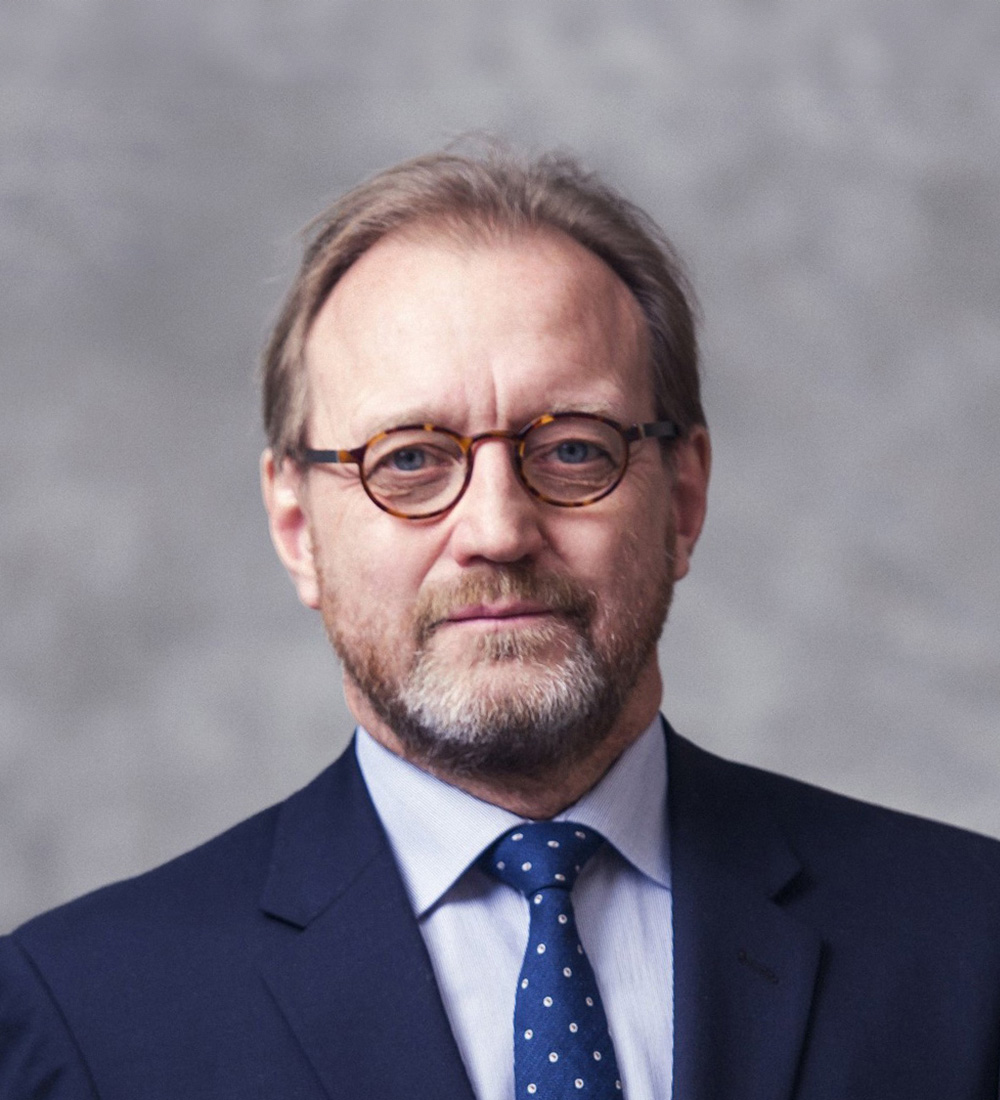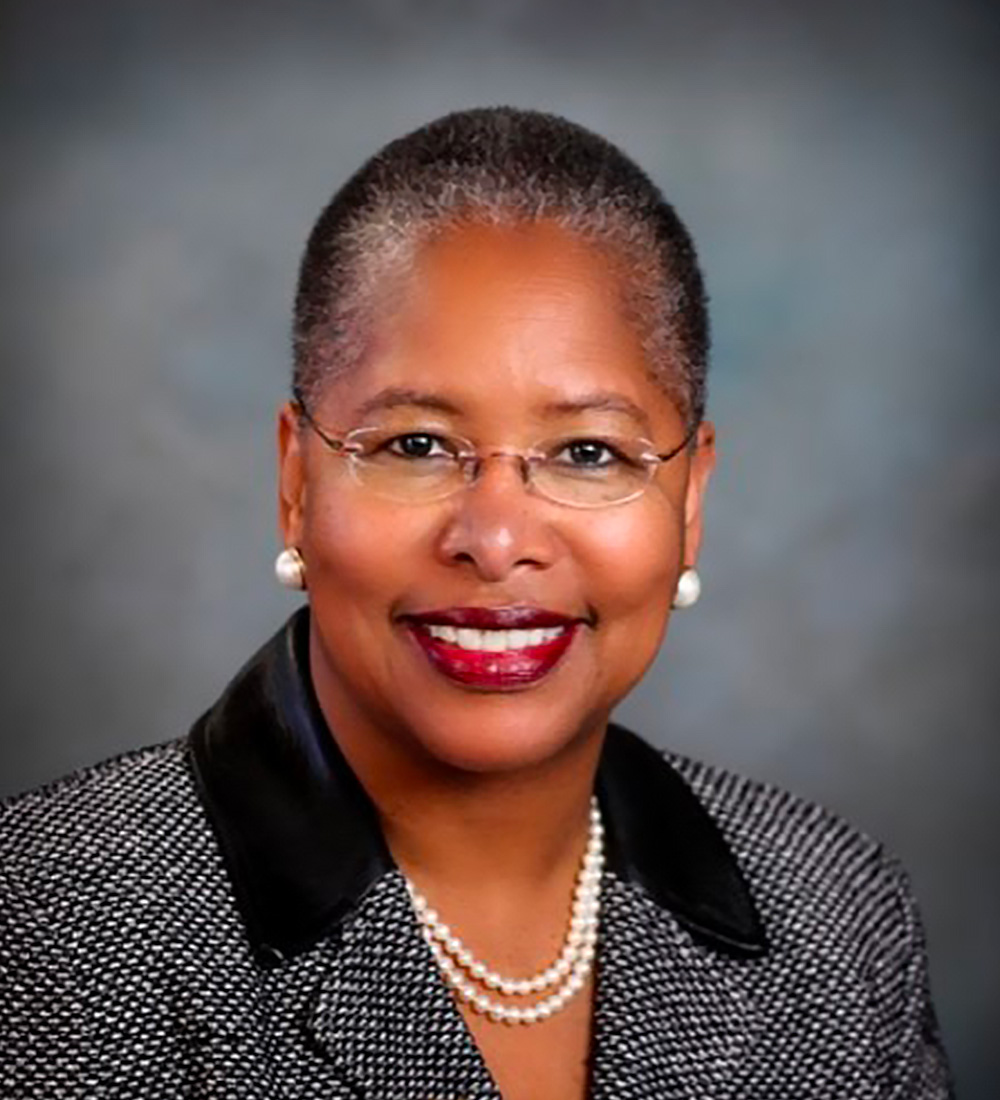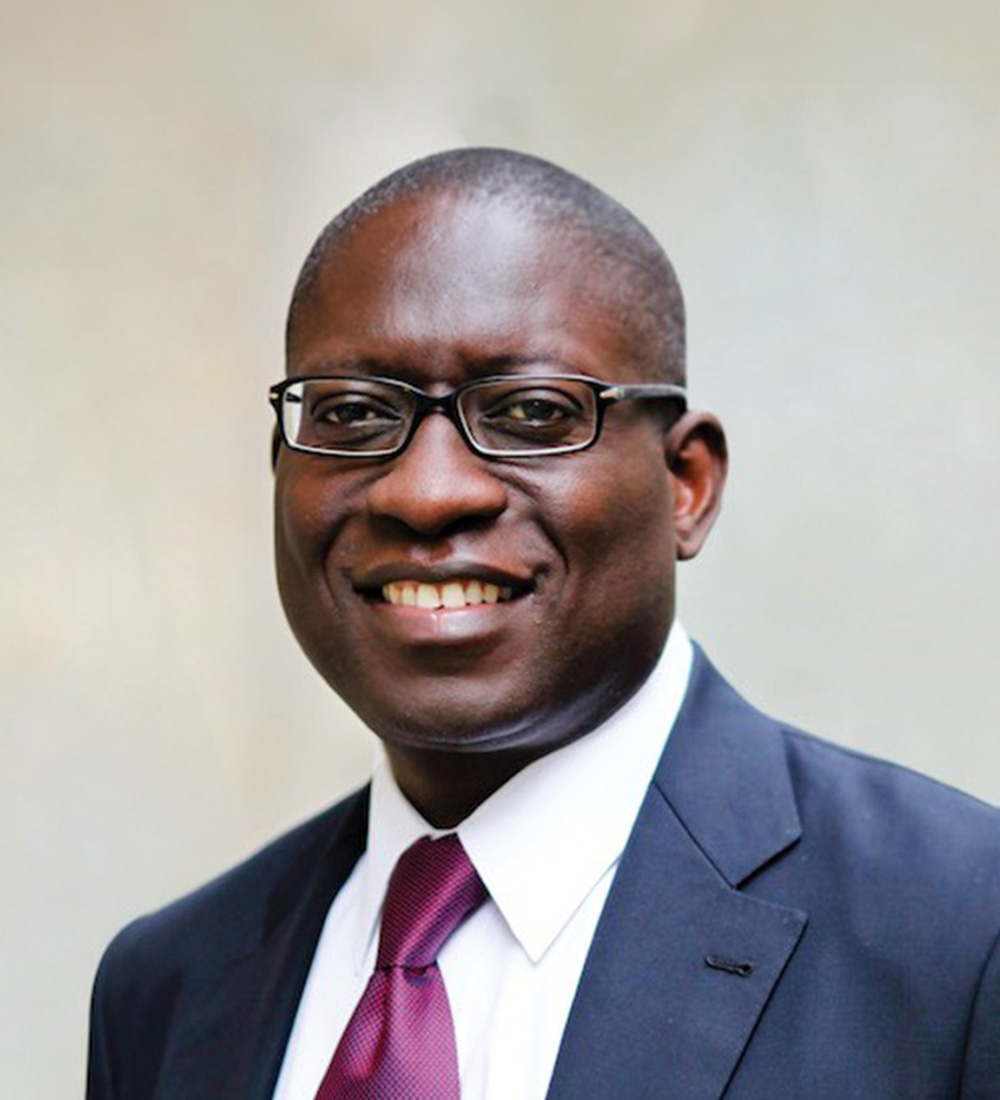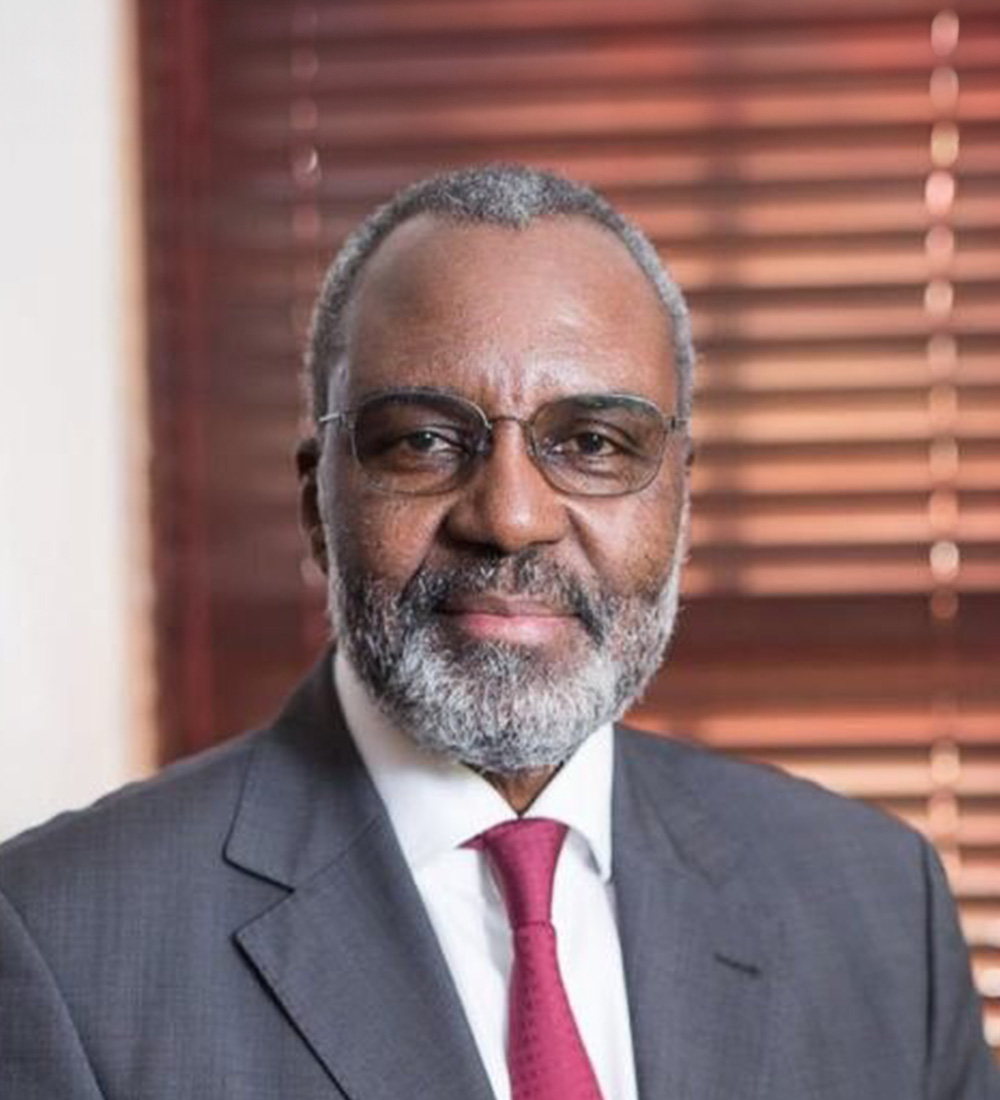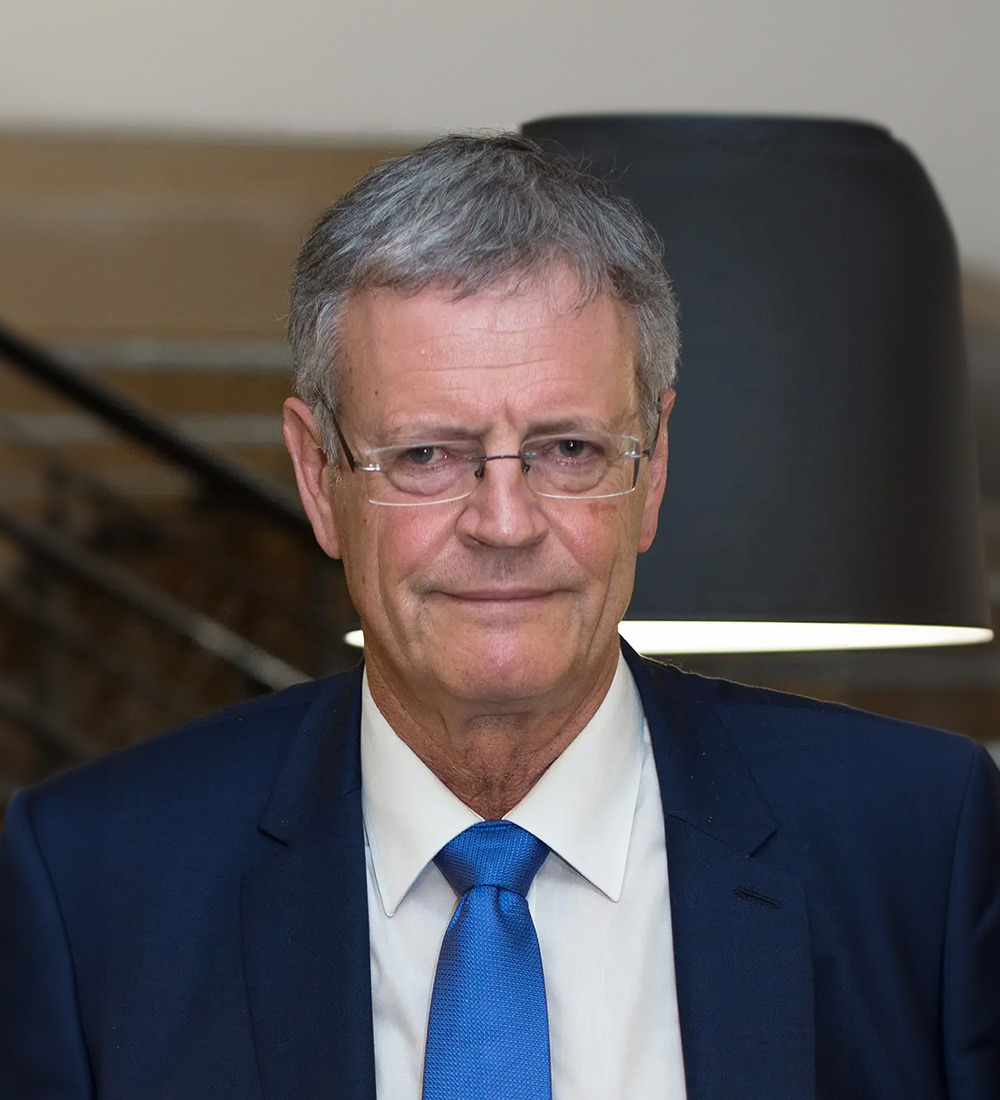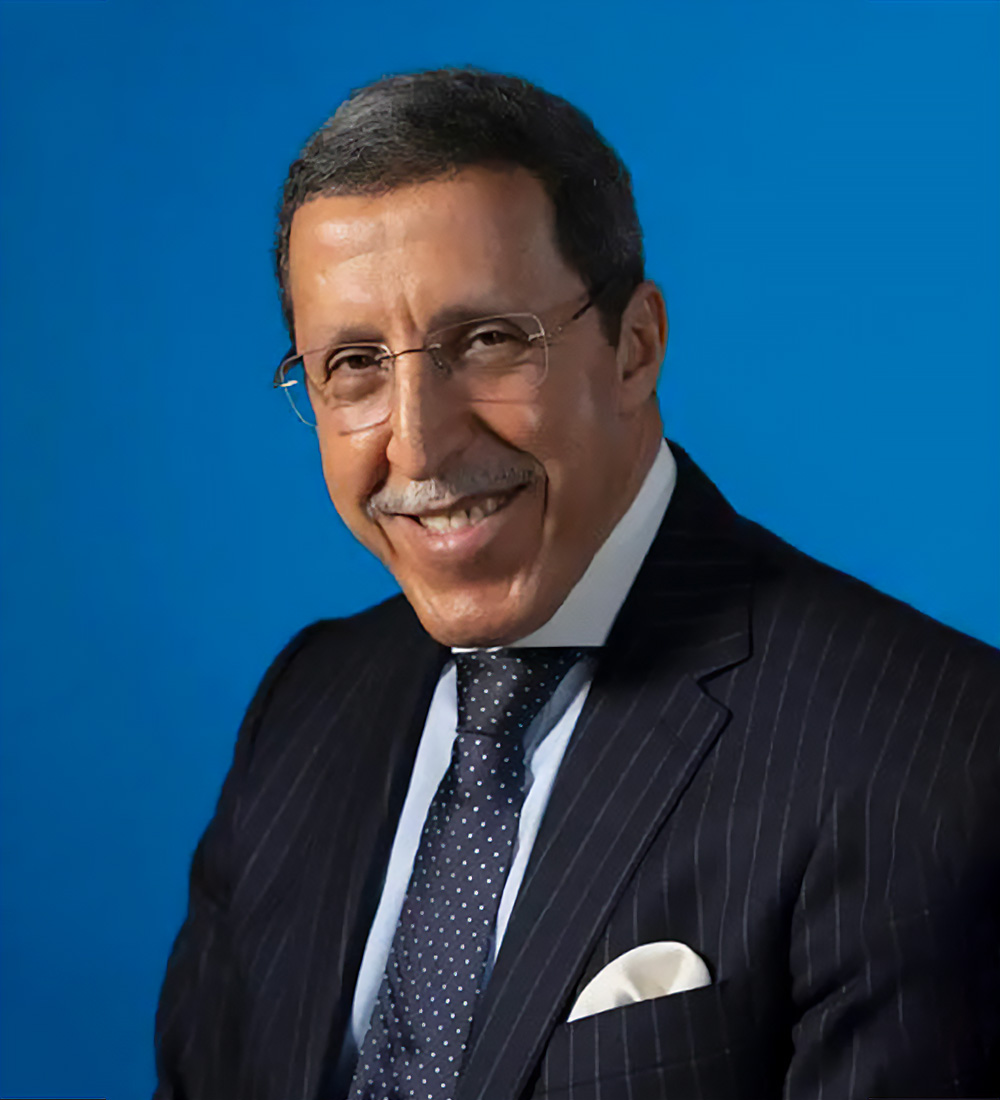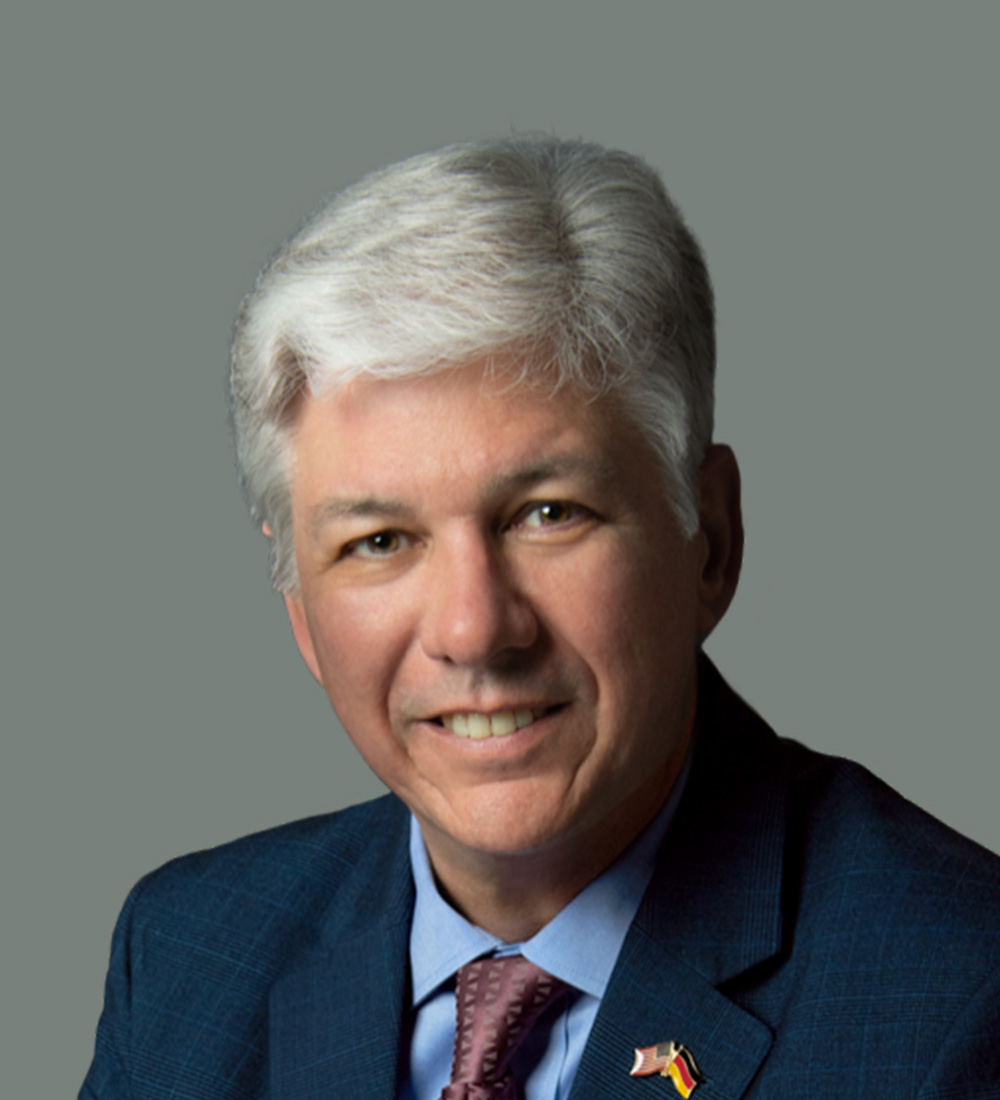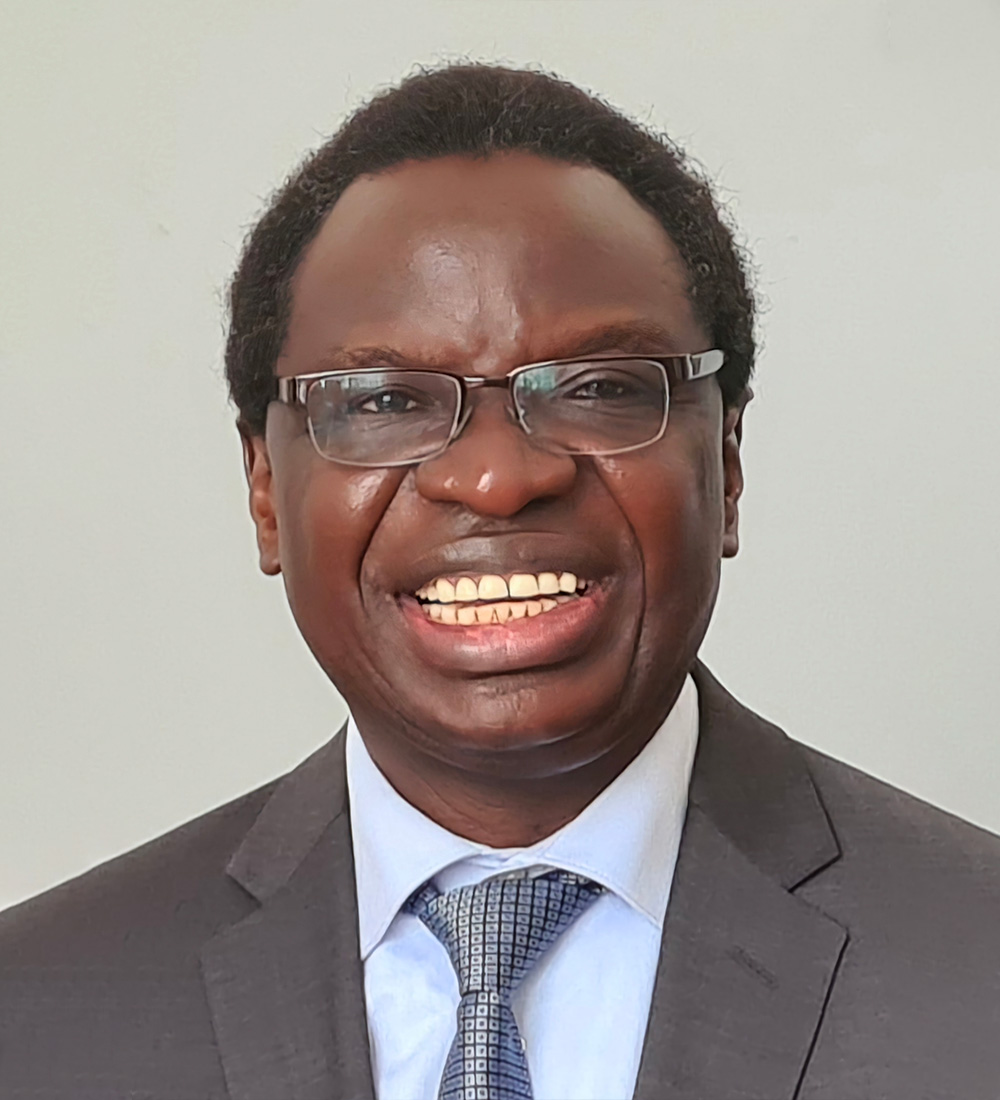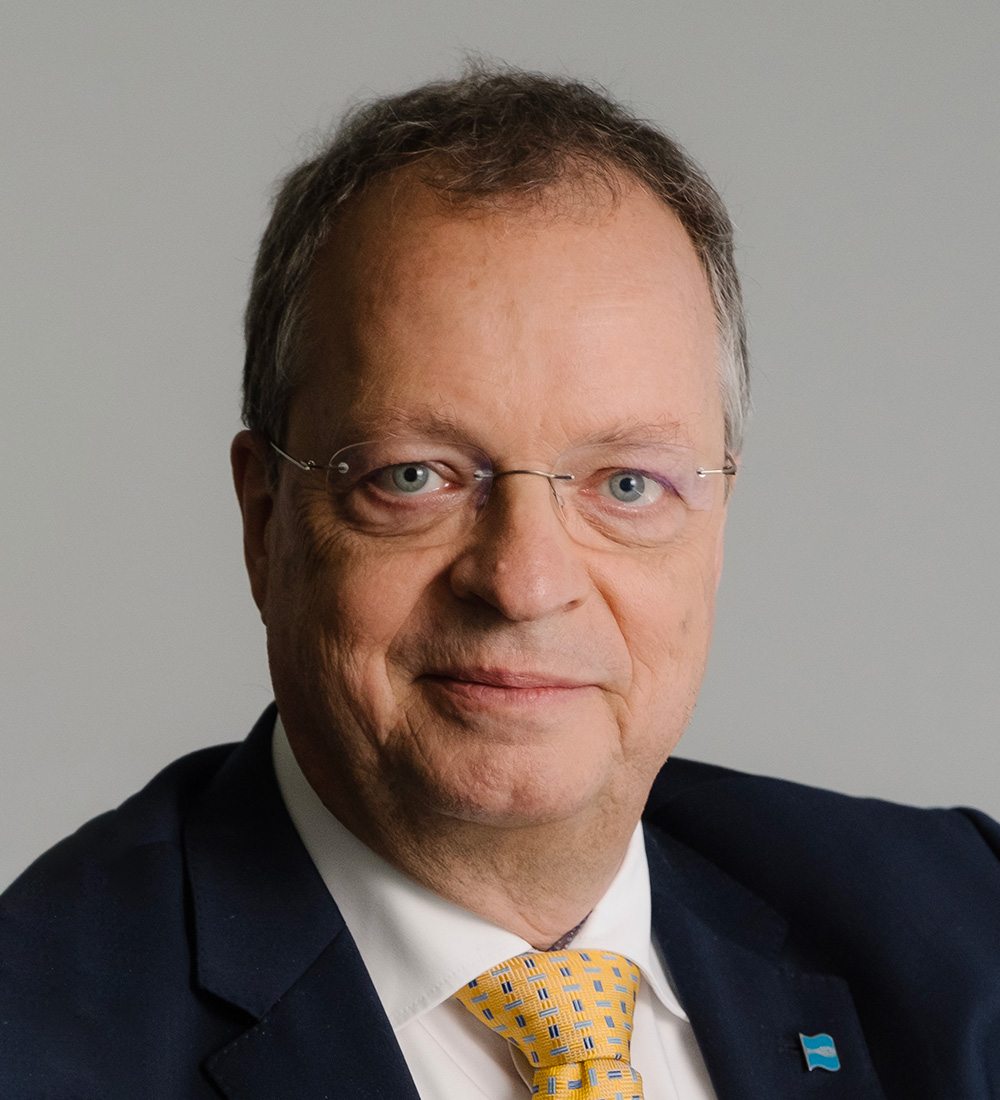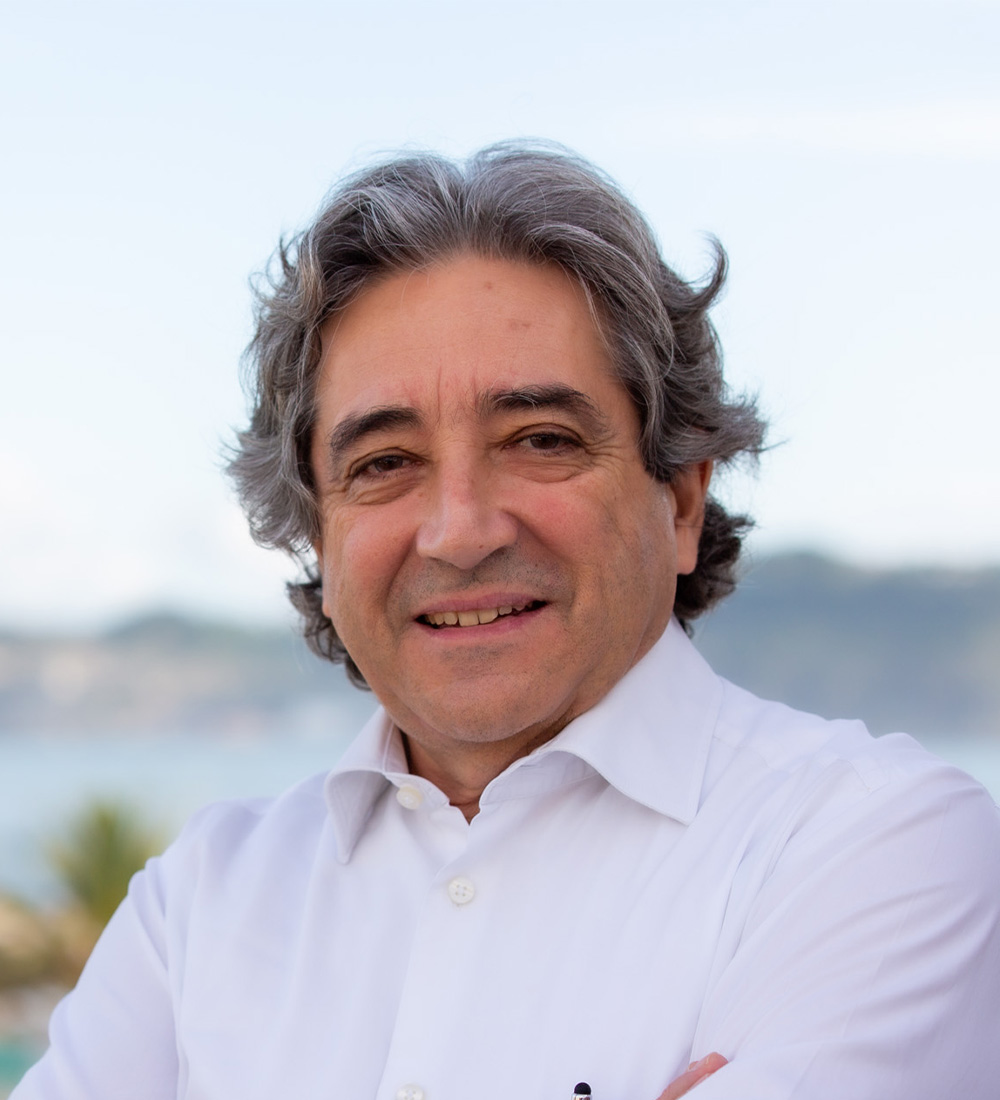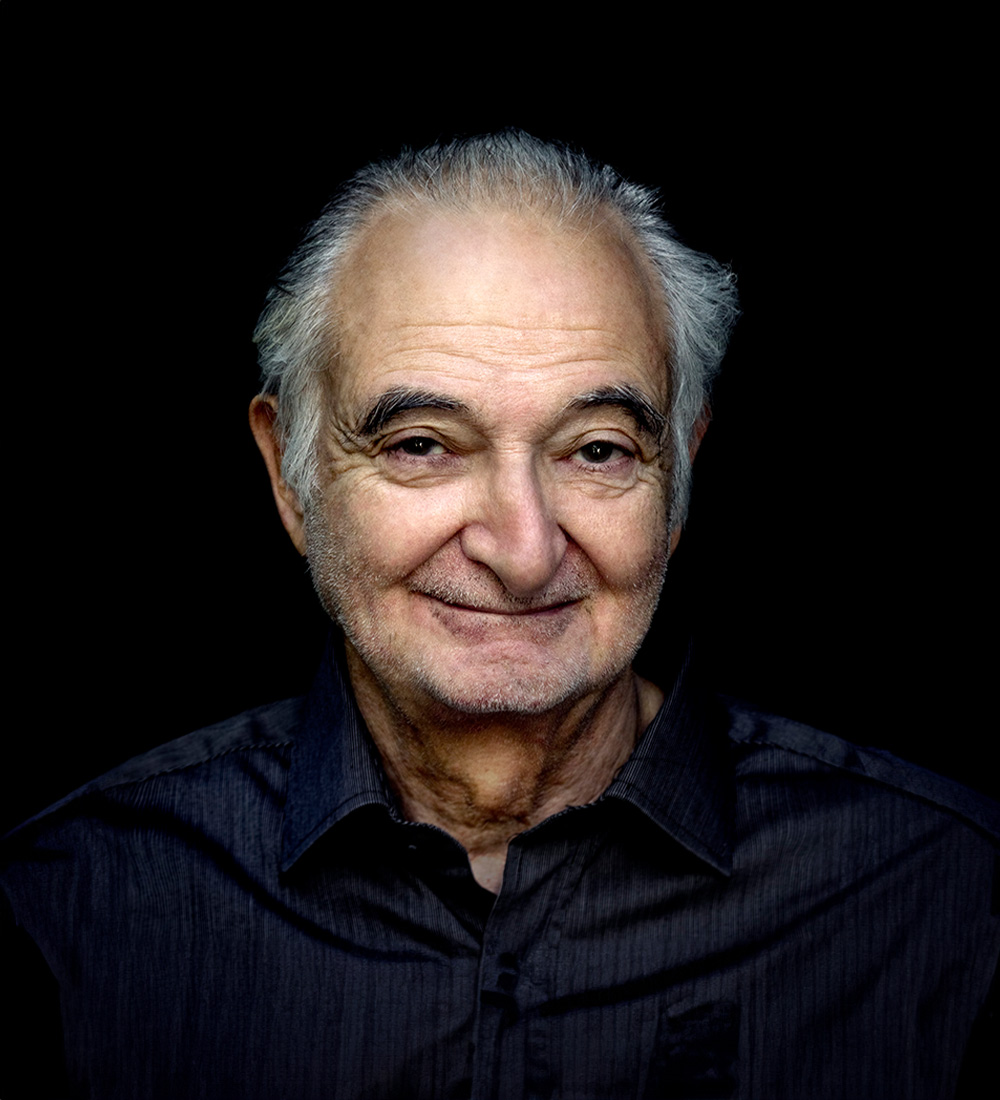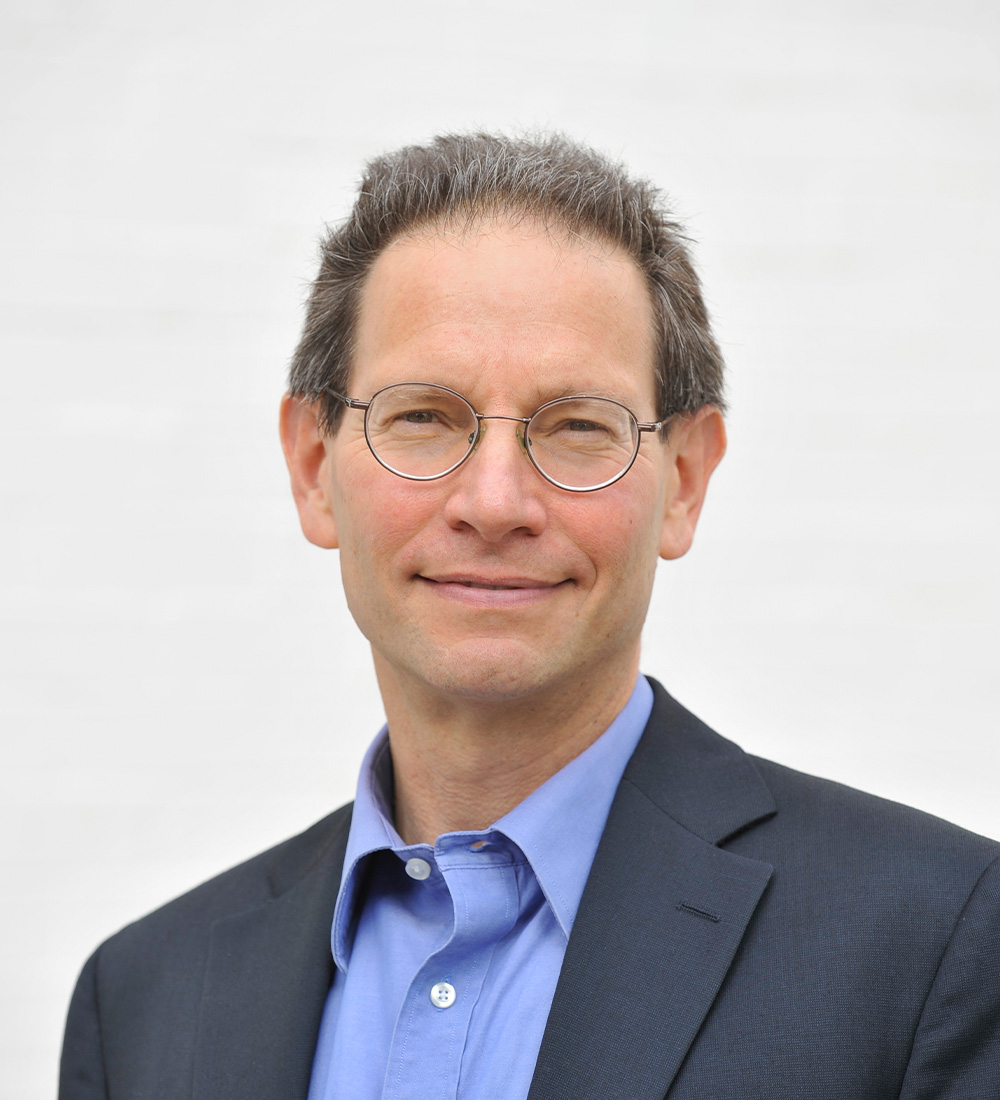In a fast-changing global arena, the Atlantic region is emerging as a common space for development, dialogue and a new platform for North-South cooperation. The momentum created by enhanced dialogue can be seen in the multiplication of multilateral and intergovernmental initiatives to address the region's cross-border challenges.
The idea of a more assertive Atlantic is at the root of a number of economic, political and security trends that have the potential to significantly impact on the world.. A deeper understanding of the meaning and potential implications of this new perception of the Atlantic Basin is needed, as it marks a shift in the dynamics of the region. Understanding this phenomenon requires exploring different perspectives from Africa, Europe and the Americas.
From an economic perspective, a more assertive Atlantic has significant implications for global trade and investment. With emerging economies in the region and the presence of major economic powers, the Atlantic region is poised to play a crucial role in shaping the future of international trade agreements and economic cooperation. As the region becomes more assertive, its influence in global economic decision-making is likely to grow.
Politically, a more assertive Atlantic reflects the growing importance of the region's collective voice in global governance and diplomacy. African countries are looking for a more balanced distribution of power that includes a meaningful representation of African voices in the Atlantic-centric multinational organizations and beyond. North America and Europe are seeking to adapt to new power dynamics and changes in global politics. Latin America seeks active engagement in transatlantic dialogues to address common challenges and help shape global governance.
From a security perspective, a more assertive Atlantic means a more coordinated response to the threats and challenges posed by its changing strategic environment. The region is a nerve center for security considerations due to its strategic location, the importance of its peatlands in mitigating the effects of climate change, the vastness of its arable land, its importance as a transit route for global trade and its submarine cable infrastructure. As the Atlantic region becomes more assertive in addressing security challenges, it would reshape the global security agenda.
All times displayed are in GMT+1.

